Our year-end coverage continues with a look at the best performances of 2023. Rather than divide categories into supporting or lead or by gender, we’ve written about our 35 favorites, period. (Well: a few more, if you add some groupings we couldn’t leave out.) Find our countdown below and start watching the ones you’ve missed here and here.
35. The Cast of How to Blow Up a Pipeline
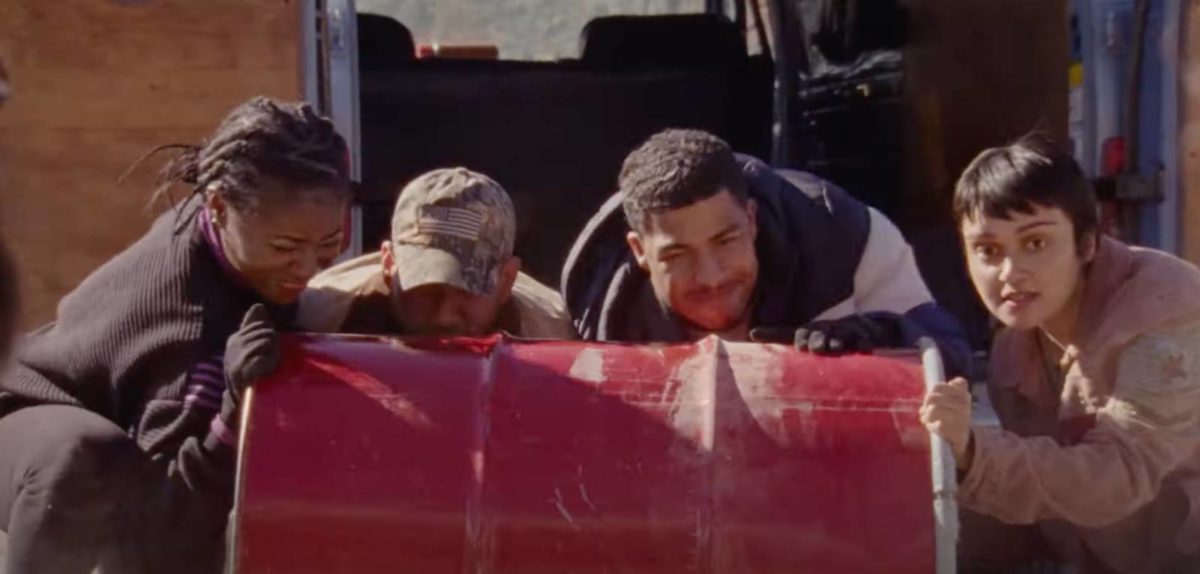
The hallmark of a great ensemble is one where each player feels precisely in-tune with the tone and goal of the film, willing to shine in their moment while sharing the spotlight. Perhaps the most even-handed, harmonious example this year is with Daniel Goldhaber’s nail-biting eco-thriller How to Blow Up a Pipeline. Featuring Ariela Barer (also co-writer), Kristine Froseth, Lukas Gage, Forrest Goodluck, Sasha Lane, Jayme Lawson, Marcus Scribner, Jake Weary, and Irene Bedard, it’s a feat of perfect casting, each performance feeling lived-in and an essential piece to the heist puzzle. – Jordan R.
34. Michael Cera (The Adults, Barbie, and Dream Scenario)
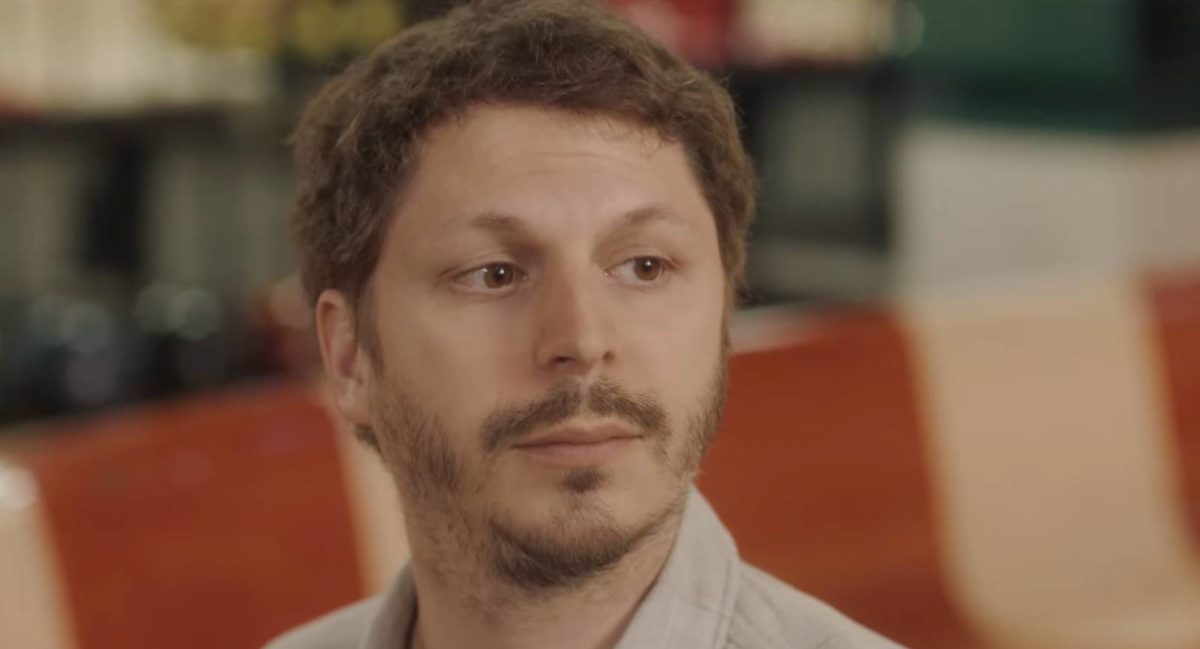
Dustin Guy Defa’s The Adults is Michael Cera’s meatiest 2023 role. Starring alongside Hannah Gross and Sophia Lillis, the trio capture sibling dynamics perfectly, with callbacks to inside jokes now decades old playing out next to incisive personal digs. Like most standout Cera performances, his quiet exterior masks something more complicated beneath, something dissatisfied or unsettled. In Dream Scenario, Cera nails the faux-friendly boutique agency founder, and while audiences clock the phoniness, Nicolas Cage’s naive professor is fooled by Cera’s buddy act. And in Barbie, Cera showcases his mastery of physical comedy, garnering efficient laughs in cutaways often only a few frames long. His big scene, in which his mild-mannered character easily dispatches a group of men with an array of martial arts maneuvers, is a clear highlight in a film full of clever gags. – Caleb H.
33. Dave Bautista (Knock at the Cabin)
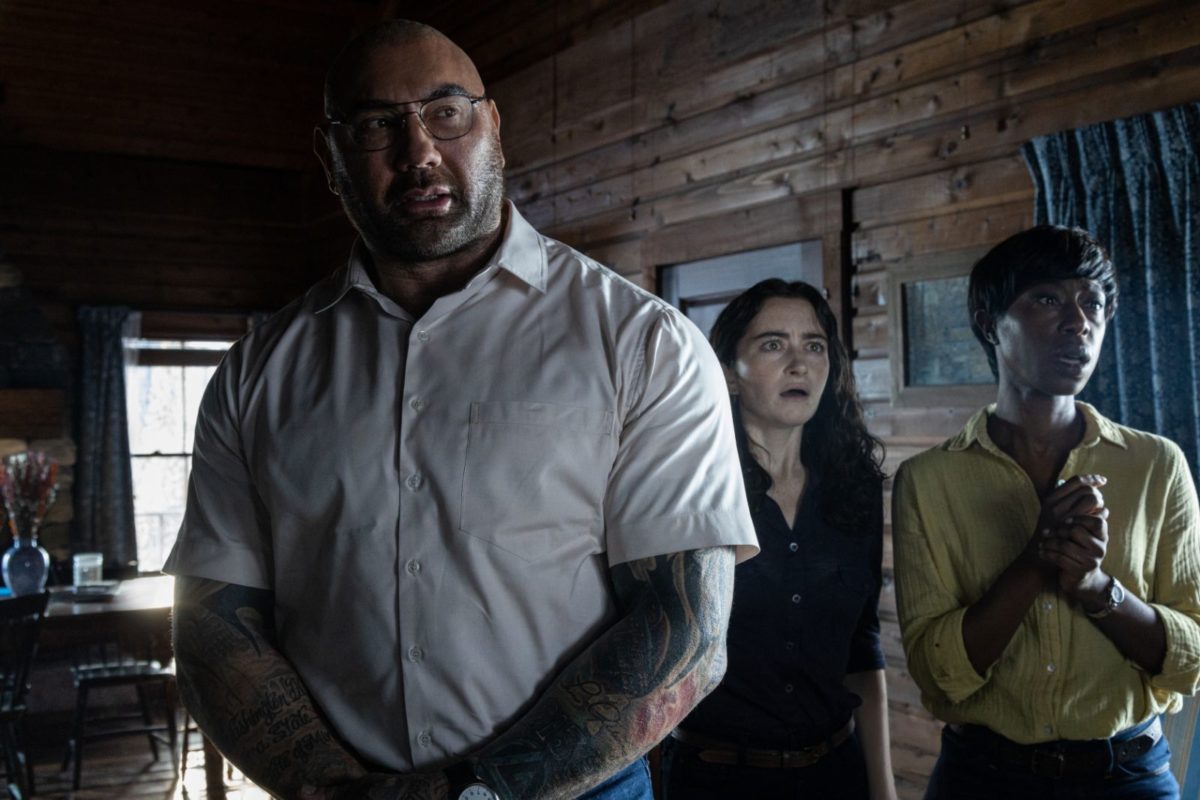
A fanatical, all-consuming belief that the world is ending may sound like a too-common topic of conversation at your family’s holiday dinner this year, but with Knock at the Cabin, Dave Bautista takes the high-concept idea and imbues such gentle intensity and suffering that is performance is nothing short of a miracle. Credit must also go to M. Night Shyamalan, who employs Twilight Zone-esque thrills while finding the humanity in every moment, further proving to be one of the most empathetic directors working on a studio level today. – Jordan R.
32. Daniel Elías & Esteban Bigliardi (The Delinquents)
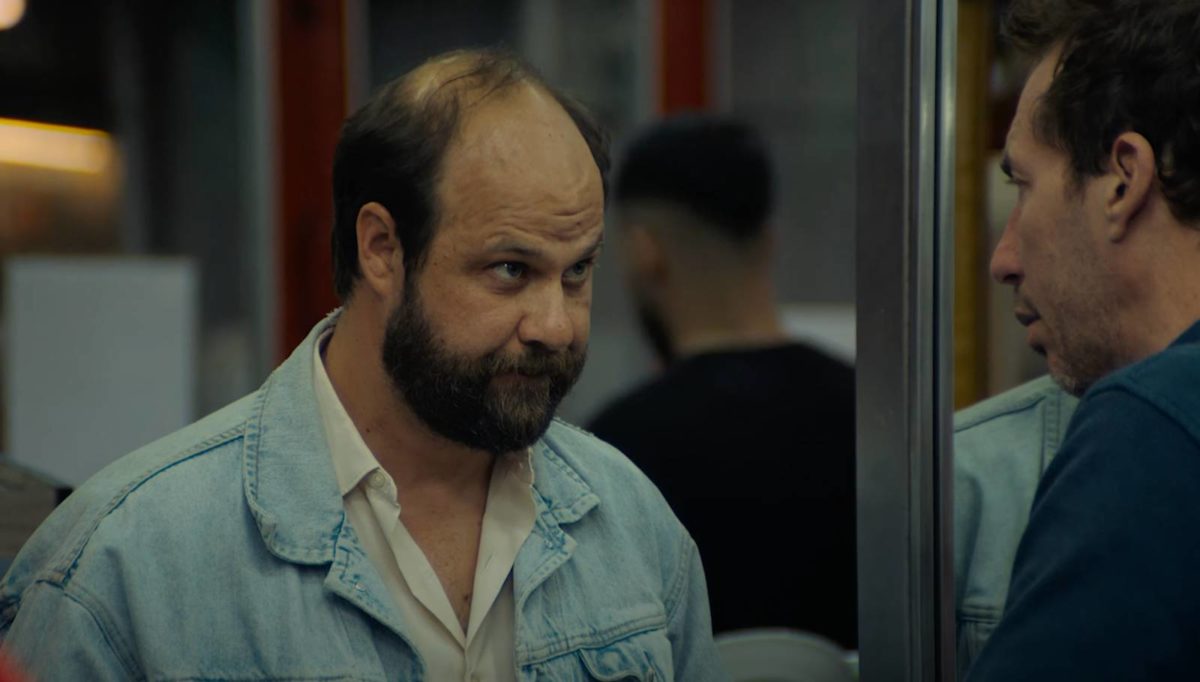
Daniel Elías and Esteban Bigliardi create the year’s most unlikely duo––first as co-workers, then co-conspirators––in Rodrigo Moreno’s dazzling, existential heist comedy The Delinquents. Elías’ Morán is wily, enterprising, and schlubby; Bigliardi’s Román is controlled, coiled, and shredded. Yet they are two sides of the same coin. It is thus fitting when the same woman falls in love with both men in Moreno’s freewheeling fiction. Their game, charismatic performances ground us in this surreal, imaginative flight of fancy. – Ankit J.
31. Sydney Sweeney (Reality)
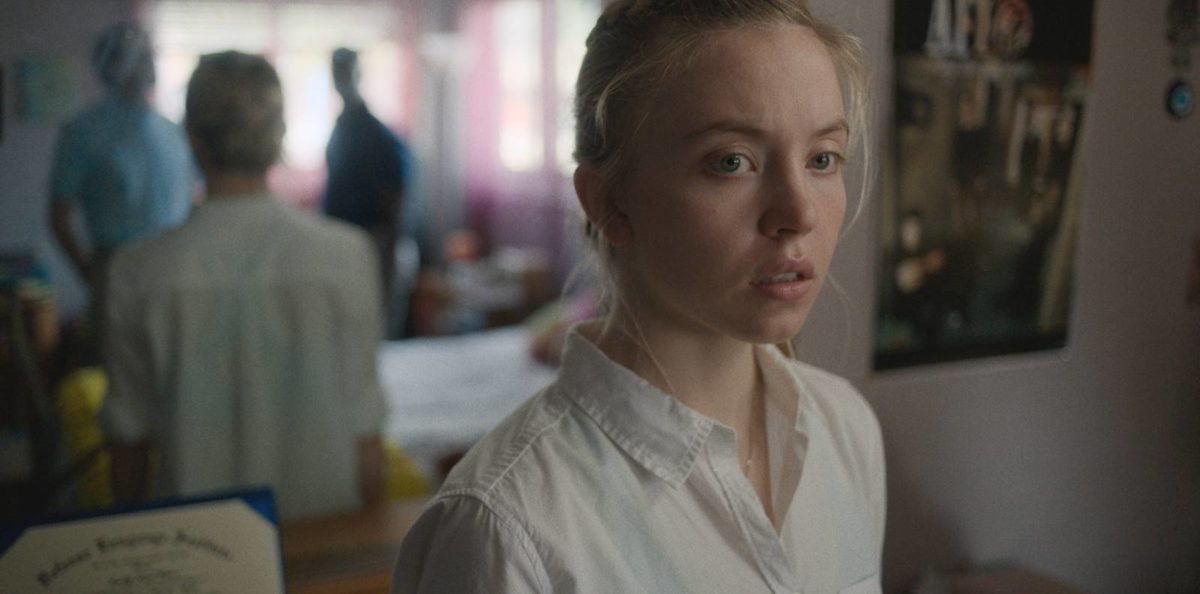
Sydney Sweeney reached a new level of brilliance as whistleblower Reality Winner in Tina Satter’s Reality. When actual human speech can sound out of place to our script-acquainted ears, it takes special talent to deliver lines pulled straight from an FBI interrogation transcript. Deliver them she does with aplomb: whether affecting clueless compliance in a conversation about dog ownership or delivering the climactic confession, Sweeney wears Winner like a second skin. It’s rare to see such a high-profile actor integrate into a role so seamlessly, and makes one excited for everything she’s got on deck. Yes, even Anyone But You. – Lena W.
30. Elliott Crosset Hove (Godland)
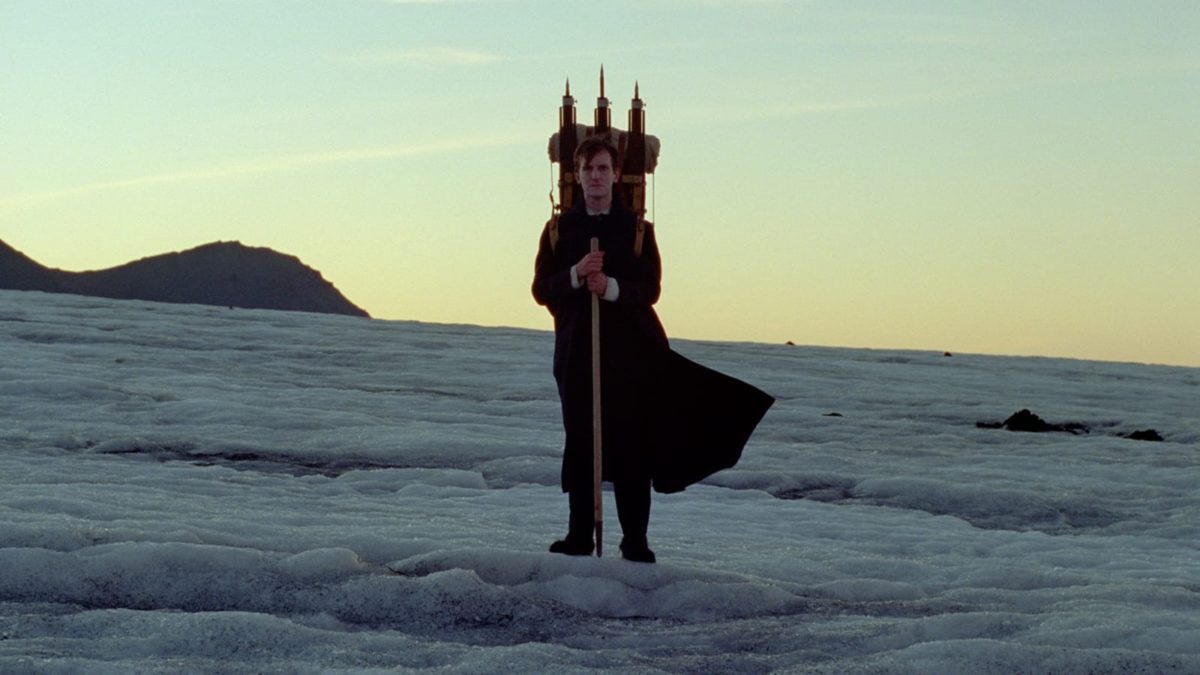
From the very beginning of Hlynur Pálmason’s masterful film, our protagonist––Lucas, a Danish priest on a mission into remote Iceland––is suffering at the hands of both responsibility and circumstance. That things will only get worse from there seems immediately obvious. Elliott Crosset Hove’s face betrays any sense of optimism or measure of calm. It’s a brave performance in its unlikeability, and also an incredibly funny one. The physical comedy throughout rivals anything within a broader context. Lucas is the constant butt of a never-ending, cosmic joke. Elliott Crosset Hove plays the part of punchline perfectly. – Dan M.
29. Greta Lee (Past Lives)
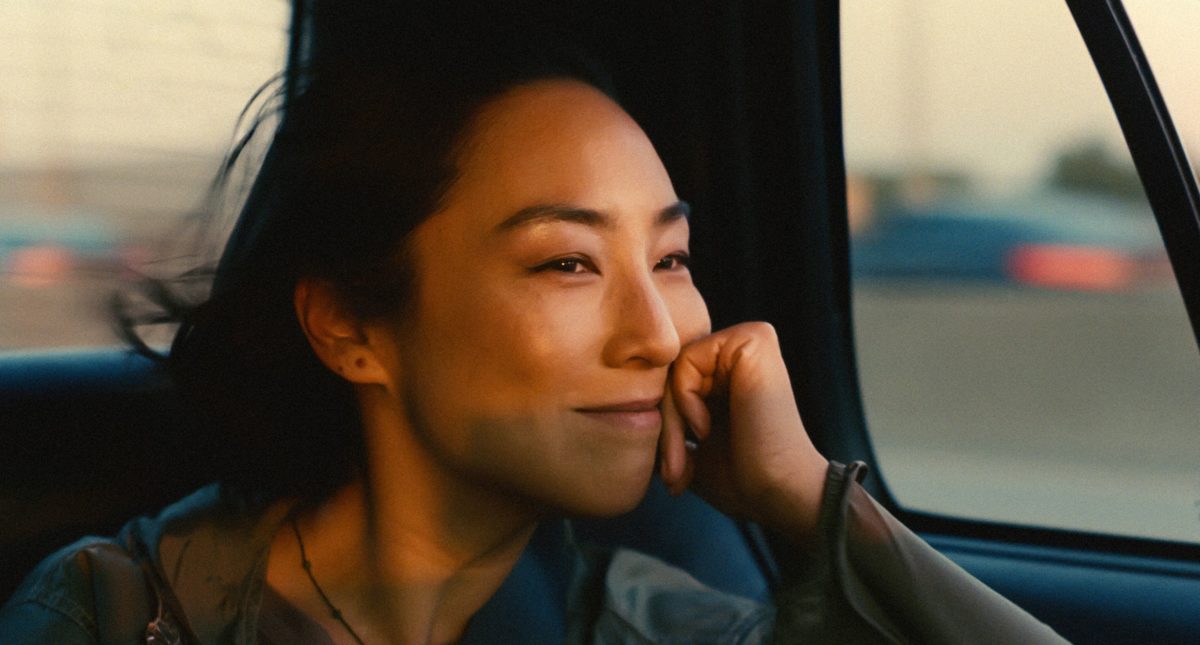
In spite of Past Lives’ contained filmmaking style requiring its performers to do most of the heavy lifting, writer-director Celine Song has come away with so much acclaim and publicity that the contributions of her acting trio (Greta Lee, Teo Yoo, and John Magaro) have seemed a bit overlooked. Previously known for her slicker, chillier roles in Russian Doll and The Morning Show, Lee particularly excels here as an even-tempered young writer dealing phlegmatically with a romantic dilemma, one which also awakens memories and guilt surrounding her immigrant heritage. Song and DP Shabier Kirchner aren’t reliant on big close-ups; in its concluding long tracking shot, you can feel Lee’s roiling yet suppressed emotion from (literally) the other side of the street. – David K.
28. Julia Louis-Dreyfus (You Hurt My Feelings)
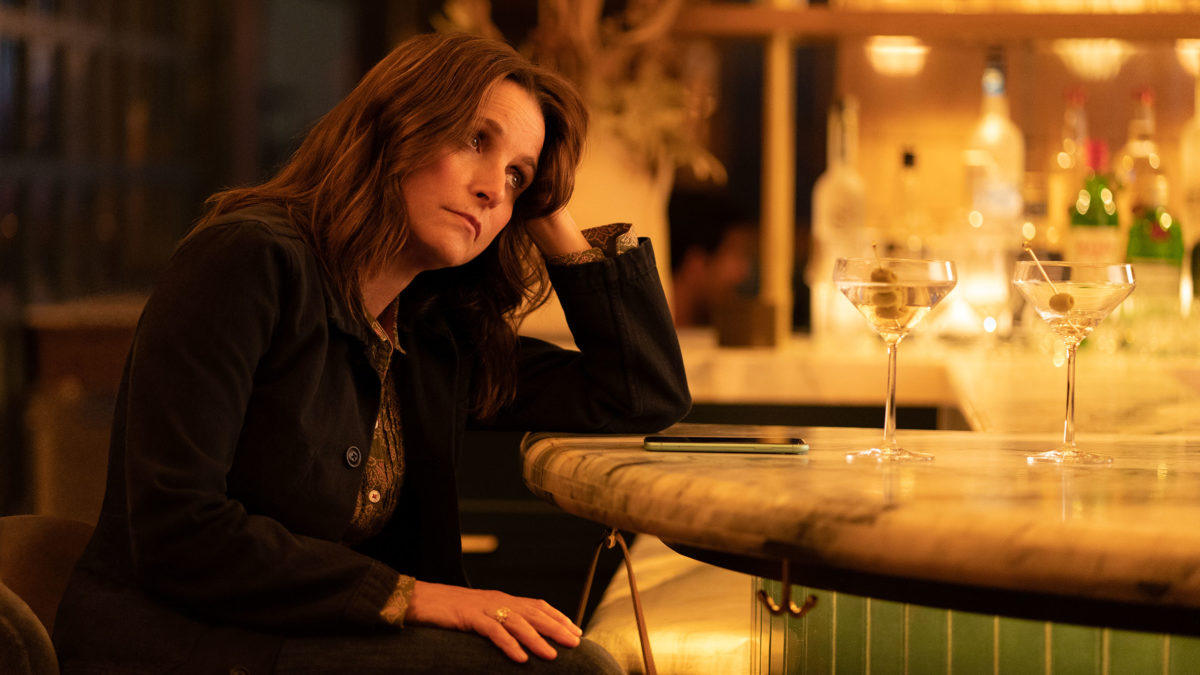
Though Catherine Keener has become known as Nicole Holofcener’s go-to avatar, it’s the latter’s work with Julia Louis-Dreyfus that brings out the best in her writing. While Holofcener is never outrunning the rich-white-lady-problems tag (and that’s okay!), Louis-Dreyfus can tap into a vulnerability that allows us to be invested in and reflect on the tiny cracks of relationships we thought were perfect. – Shawn G.
27. Kristine Kujath Thorp (Sick of Myself)
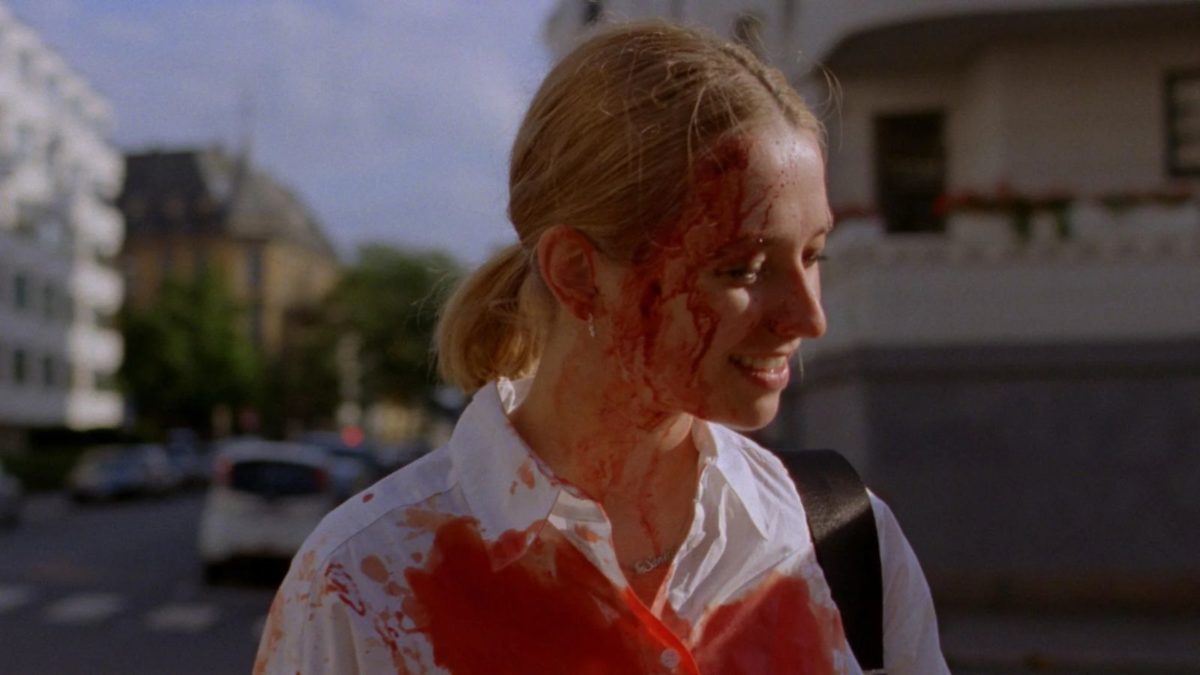
Sick of Myself follows Signe (Kristine Kujath Thorp), a compulsive liar who goes to dangerous lengths to gain a competitive edge over her artist boyfriend. Thorp plays every uncomfortable moment with absolute conviction—you never doubt that she isn’t acting in what she believes (in her twisted mind) is her own best interest. Thorp’s performance ensures that—despite Signe’s repulsive behavior—you never lose sight of her humanity, and while you likely don’t feel bad for her (she must lay in this bed she made), you do leave Sick of Myself with a glimmer of understanding for just how she ends up where she does. – Caleb H.
26. Teyana Taylor (A Thousand and One)
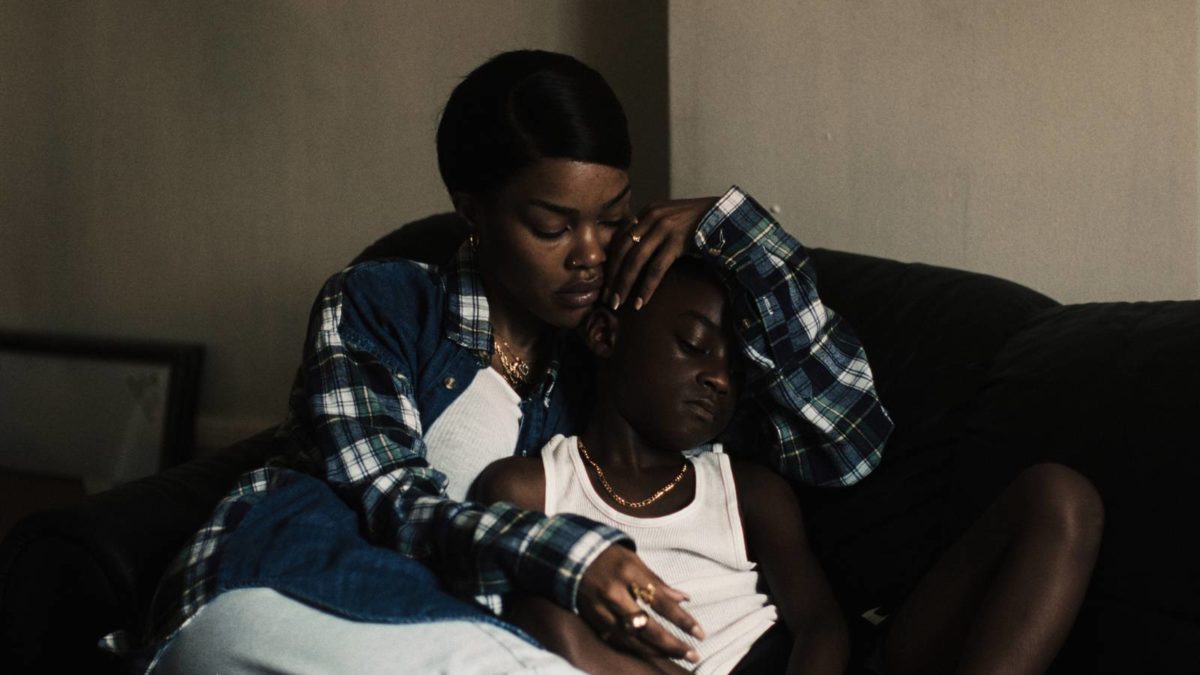
A.V. Rockwell’s multilayered A Thousand and One works on myriad levels. It’s an indictment of the inhumanity of the foster care system, a brutal portrait of the effects of gentrification, and a moving portrait of everything a mother would do for her son. All of these vastly different threads are held together by a monumental Teyana Taylor, who infuses Inez de la Paz with a wisdom one can only earn after living many lifetimes. Gracefully, Taylor embodies chapters of collective history that remain untold. That she does this while giving Inez such specificity feels like a movie miracle. – Jose S.
25. Jacob Elordi (Priscilla, Saltburn, and The Sweet East)
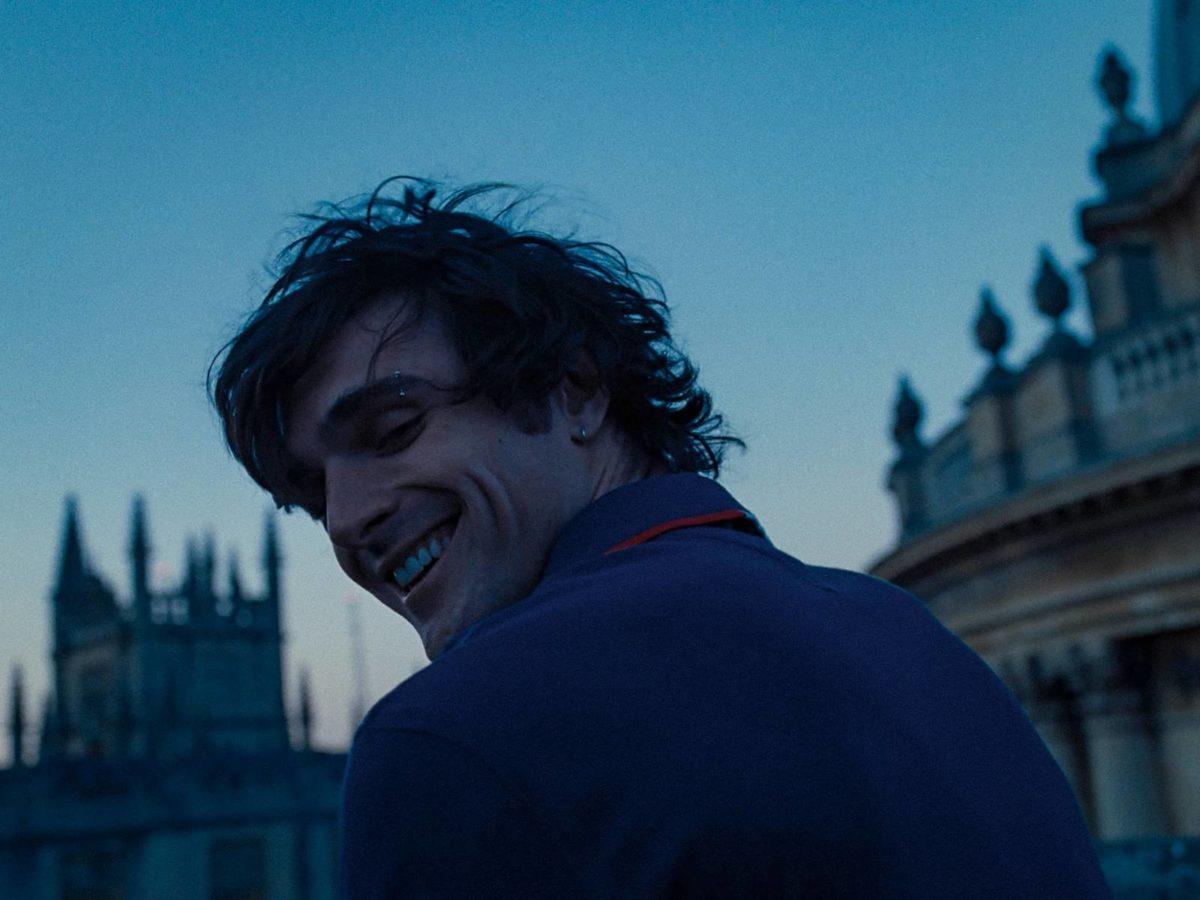
A star is born, at least for those who have avoided every frame of Euphoria and the Kissing Booth franchise. Jacob Elordi’s vault into the big screen showed quite a range: a domineering, self-obsessed, and suave Elvis; a playful, alluring, (almost) movie-saving object of affection in Saltburn; and, in perhaps the biggest brush with soon-to-be reality, a world-renowned heartthrob actor in The Sweet East. In this trio of roles, the Australian actor already exhibits a finely tuned instinct on how to twist his good looks to play with audience expectations. Next year, we simply can’t wait to see what’s in store for his Paul Schrader collaboration. – Jordan R.
24. Rachel McAdams (Are You There God? It’s Me, Margaret.)
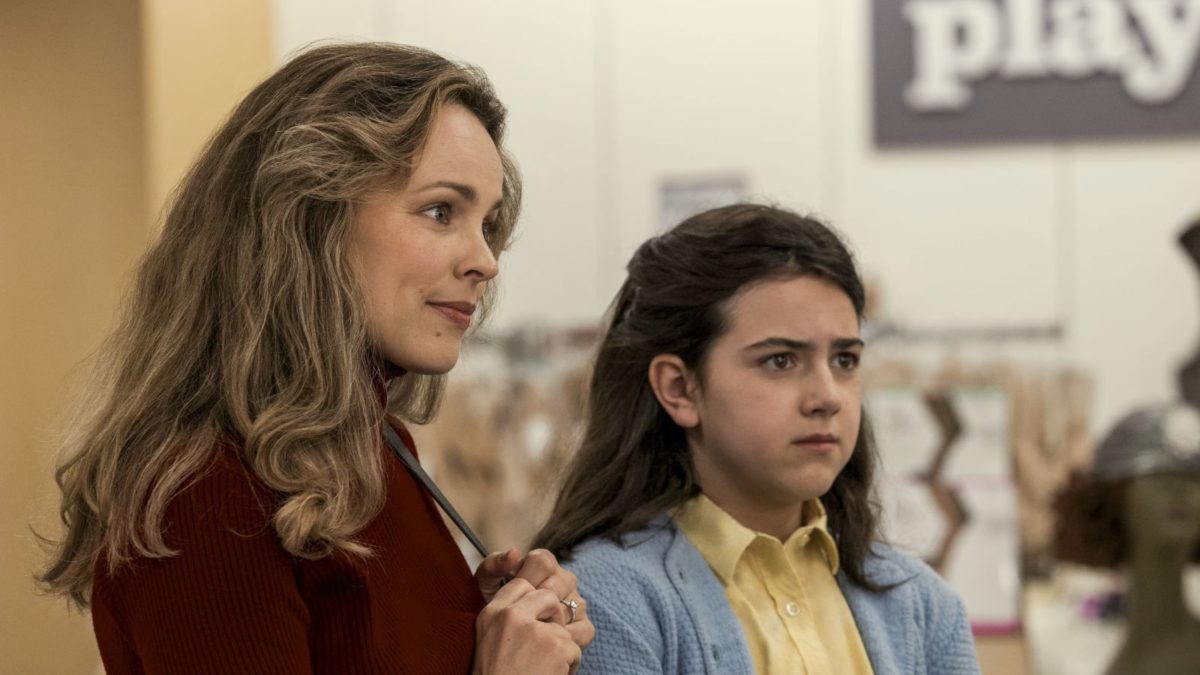
I never expected the first period scene in Are You There God? It’s Me, Margaret. to be a cinematic highlight of 2023; thanks to Rachel McAdams, it was. Whether playing Regina George or an Orthodox Jewish lesbian who’s into spit play, McAdams has always stood out. But her turn as Margaret’s mother, Barbara, was winsome beyond words. Although Margaret is a story of adolescence, Barbara’s fumbling attempts to embrace suburbia and reconcile with her prejudiced parents are just as charming as her daughter’s sixth-grade trials. I defy you to watch this performance without tearing up, wanting to hug her, or (maybe, kind of, just a bit) wishing Barbara was your mom, too. – Lena W.
23. Michael Fassbender (The Killer)
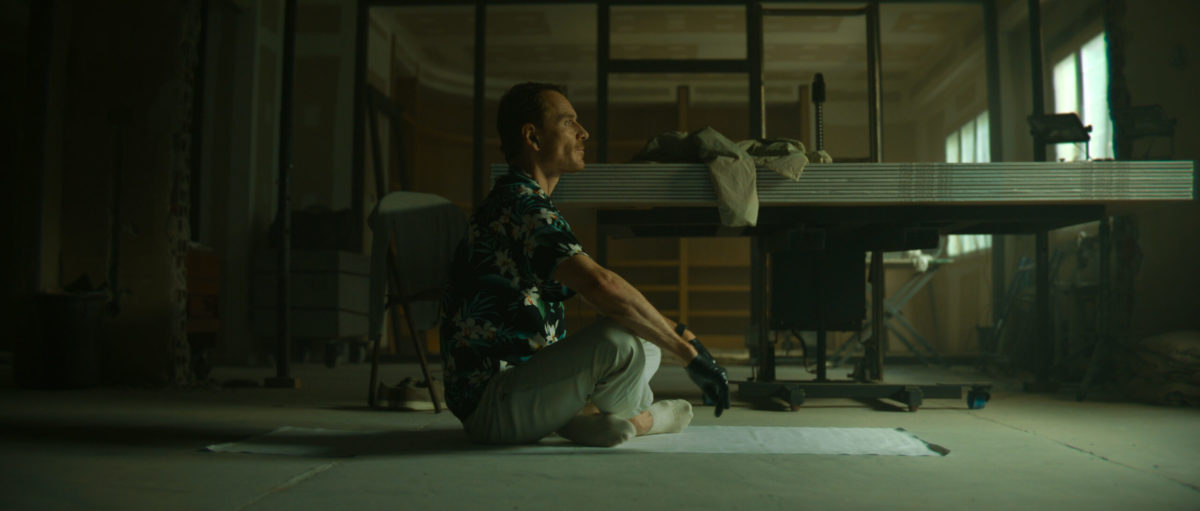
One of the sneakier aspects of David Fincher’s genre exercise, and one reason Michael Fassbender works so well in its central role, is that his calmness belies a growing panic as he tries to clean up the mess that comes out of a missed shot. We are so subjectively placed in his point of view that we never really know if that shot is an anomaly or, perhaps, he isn’t the cool assassin he tries so desperately to convince us of in voiceover. A layered performance that breaks open the tension between what he’s doing and what he’s saying, it’s further proof that Fassbender’s been sorely missed since his self-imposed hiatus. – Christian G.
22. Jeffrey Wright (American Fiction)
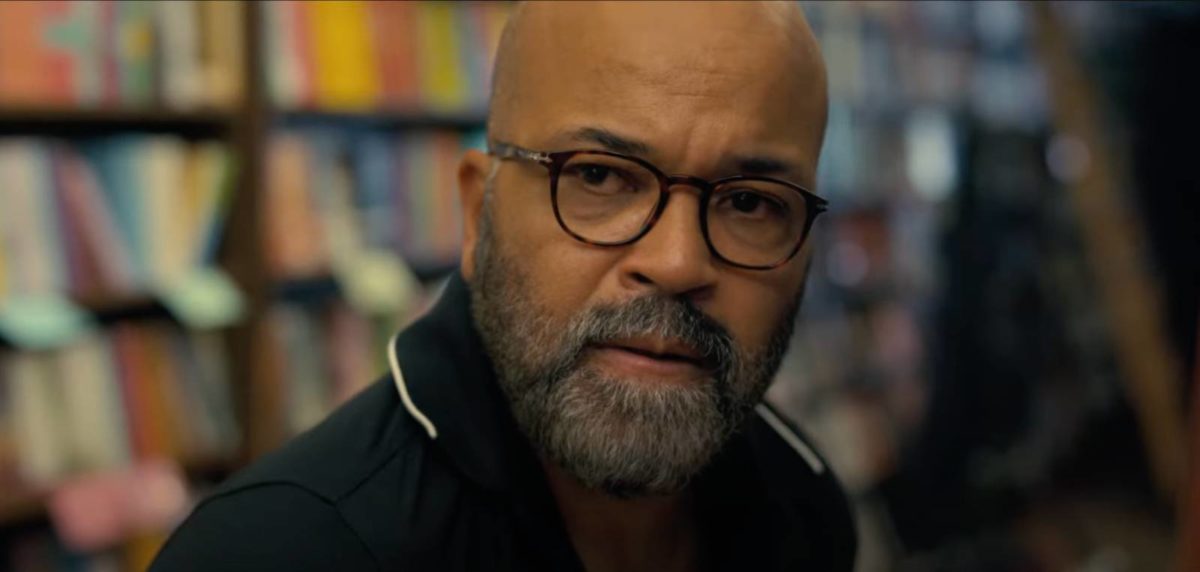
Over the last decade, Jeffrey Wright has often garnered recognition for supporting roles. In both films and TV, from Westworld to popping up in the Batman and James Bond franchises, Wright elevates the script, the other actors, and the entirety of the work. With Cord Jefferson’s American Fiction, Wright’s leading part is a chance to flash his competing dramatic and comedic chops––a tonal balance in which he thrives. He holds together Jefferson’s debut with an acidic wit and rising level of anger that he attempts to push down. He navigates the trials of family and the literary world with veteran comfort and assurance. American Fiction seems in safe hands with Wright as its star, a cue that hopefully other directors will see and adopt. – Mike F.
21. Penélope Cruz (Ferrari)
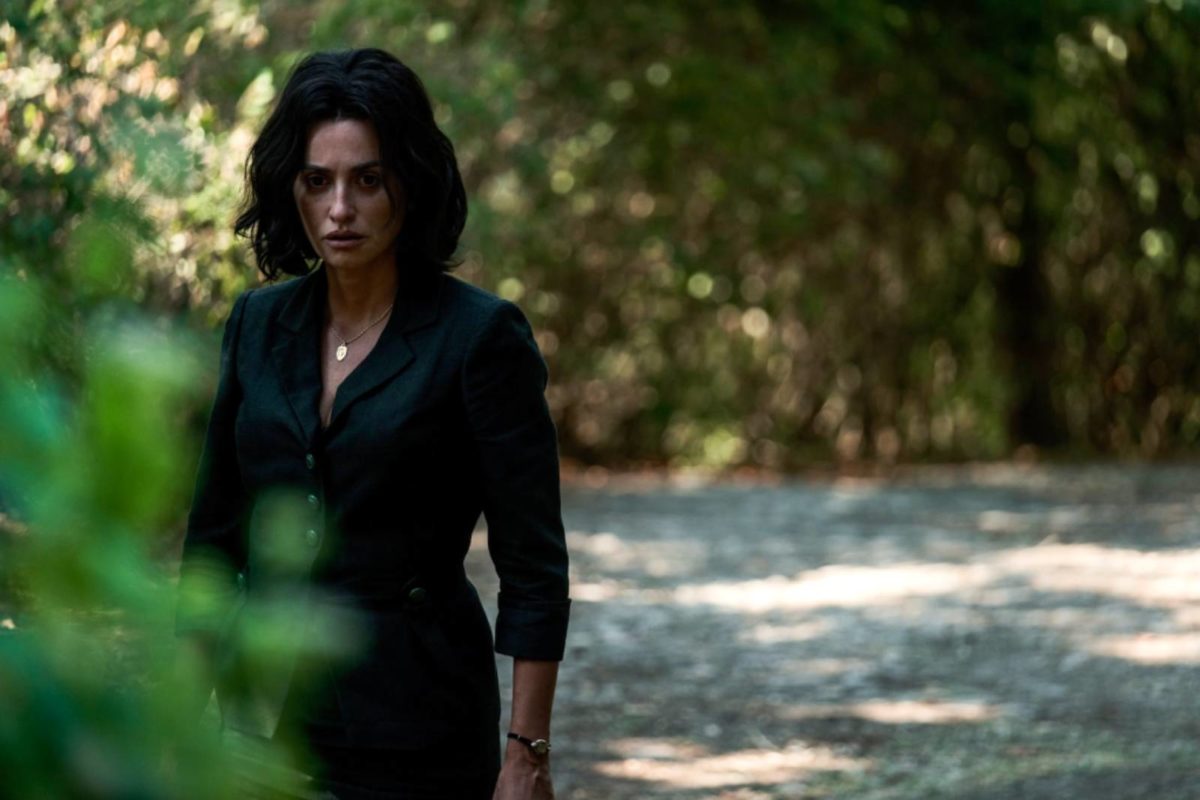
With apology to any fellow Knickerbocker masochists who followed the Phil Jackson years: what a time for the triangle. From scoring as life-test (Passages) to performed obliviousness (Last Summer) as defense against metamorphosis (May December), 2023’s scrutiny of passing power reveals how frail a hold we have on our pleasure––carnal or artistic. The triangle of Ferrari is pulled between impossible bucolic, suave-brute pragmatism, and grief-frustrated red id. This latter point is a character played by our best, Penélope Cruz. What does a strong actor do? They make a character make strong decisions. Opera rev, let it rip; the crash comes from pulling hard. – Frank F.
20. Laure Calamy (Full Time)
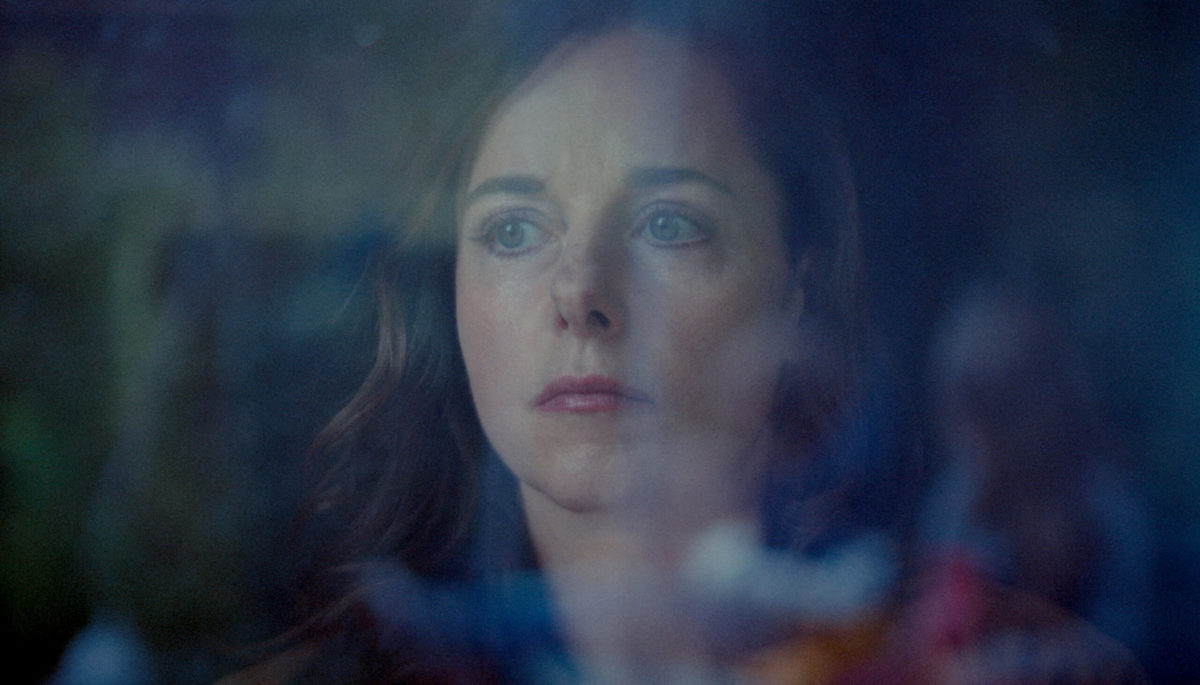
Laure Calamy has a distinct, everywoman quality that gives her an edge over other French actresses working today. Known for her work in comedies like the hit TV show Call My Agent! or a film like My Donkey, My Lover & I, she excels at playing characters who are frazzled and messy, yet endearing and relatable. She brings these qualities to Full Time, Eric Gravel’s riveting, stressful feature about a working-class woman trying to get a better job so she can make a better life for herself and her family. Far from the comedic roles audiences outside France know her for, Calamy plays this role straight, channeling her ability to go big and broad into something more urgent and intense. Calamy won a Best Actress award at Venice for her performance here, and it’s easy to see why; she heightens the film’s tension while putting viewers right in her shoes, making that balancing act look effortless. – C.J. P.
19. Alma Pöysti and Jussi Vatanen (Fallen Leaves)
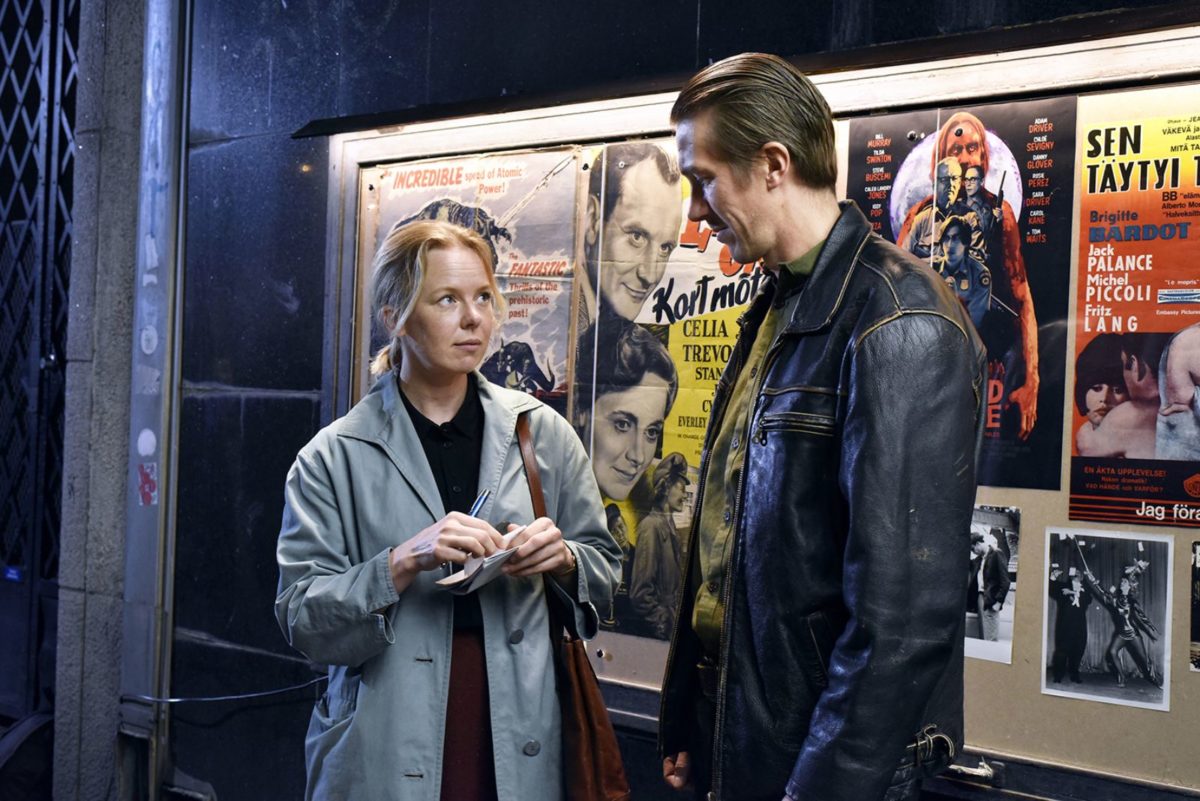
Alma Pöysti and Jussi Vatanen, like any number of performers before them, have to maintain their stone-faced Nordic reserve for the duration of Aki Kaurismäki’s new masterpiece Fallen Leaves. After all, the Finnish legend would never allow for anything so crude as overt sentimentality in his tough, wry films. Yet Pöysti and Vatanen, with their eyes alone, muster up oceans of longing in this gentle romance that might leave you with a lump in your throat. They both play down-on-their-luck, deeply lonely people, but their innate goodness and generosity shines through like a beacon of light. – Ankit J.
18. Tia Nomore (Earth Mama)
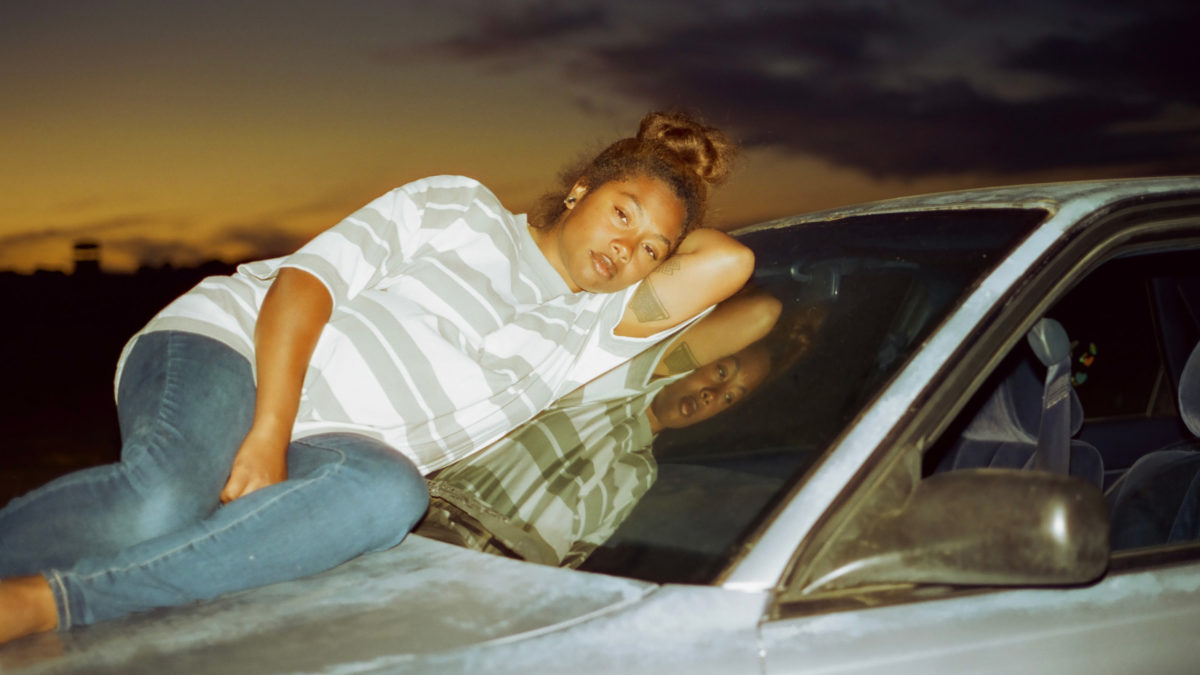
Tia Nomore humanizes Earth Mama with the rolling of her eyes, the way she crosses her arms, the volume of her smile when it rarely flashes. In her acting debut, the Oakland-based Nomore is often quiet, listening, waiting for the next obstacle. She uses her familiarity with her home, friends, and experiences to inject reality into the character and movie. A musician by trade, Nomore’s greatest asset is her ability to oscillate between softness and hardness, displaying star power without any need for long speeches or even expressive dialogue. – Mike F.
17. Koji Yakusho (Perfect Days)
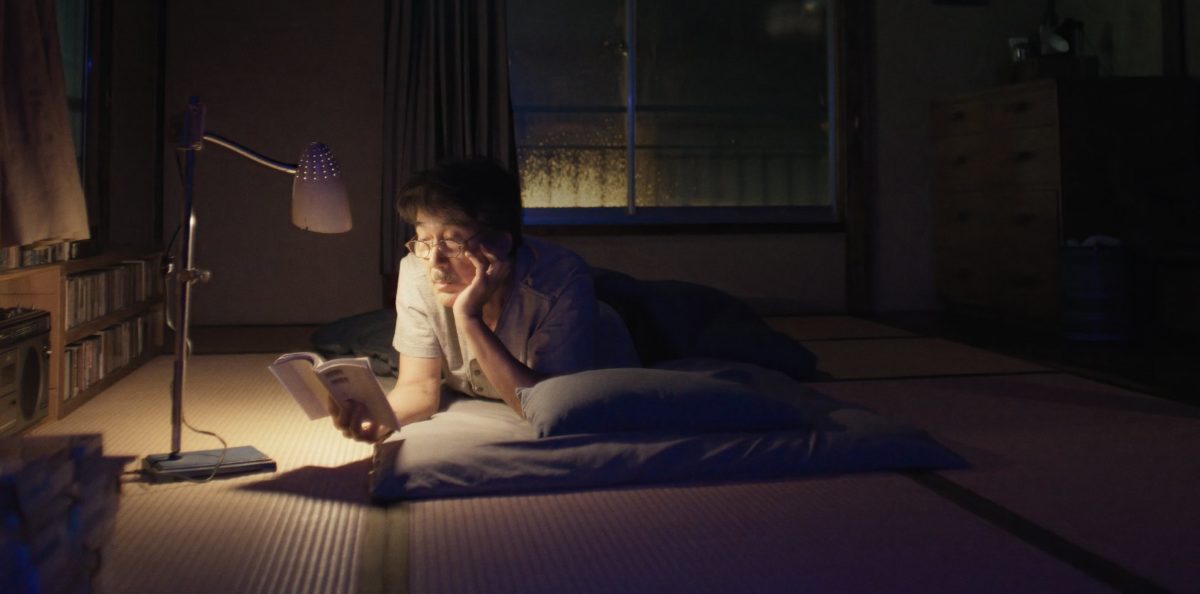
There’s something incredibly pleasurable in seeing someone do a good job––someone who’s proficient, apt, dedicated, even delicate. It doesn’t matter what kind of work it is, which is what’s marvelous about Koji Yakusho’s performance in Perfect Days, where we see him as a public restroom cleaner. There’s no disgust, no smirk, no suffering in his eyes as he moves swiftly from one cleaning product to the next, bringing forward the idea that Koji had to train immensely for this role. He makes everything feel natural, as if he’s been doing this for years and years. – Jaime G.
16. Ryan Gosling (Barbie)
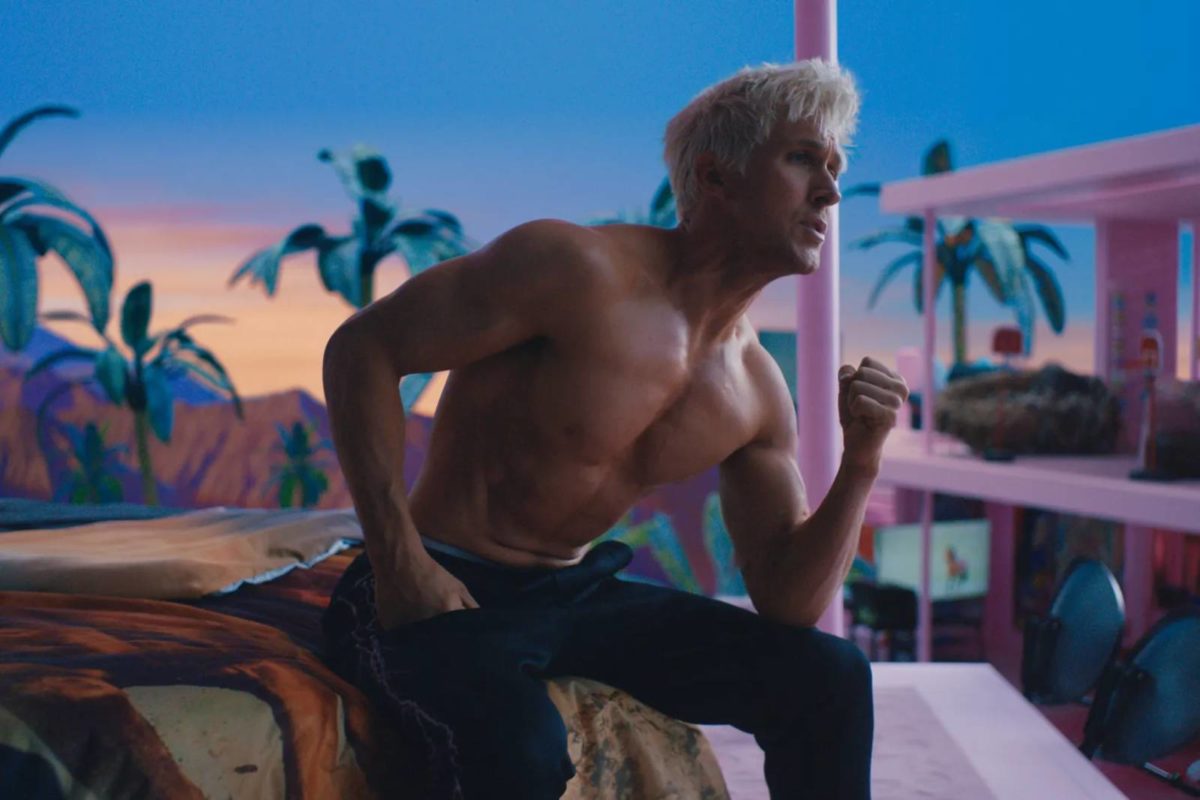
When news of the first live-action adaptation of Barbie was official, many (myself included) were wary of its outcome in a market where cinematic sequels, reboots, and other IP-based content dominate. Yet Barbie exceeds many of my expectations, primarily through Ryan Gosling’s turn as Ken. His ditzy, gullible, sexy misdemeanor has people rooting for him in his pursuit of winning Barbie’s heart and finding his identity and self-love. Though Ken is just a doll, Gosling finds space to express vulnerability and empathy within a toxic masculine landscape. – Edward F.
15. Laura Paredes (Trenque Lauquen)
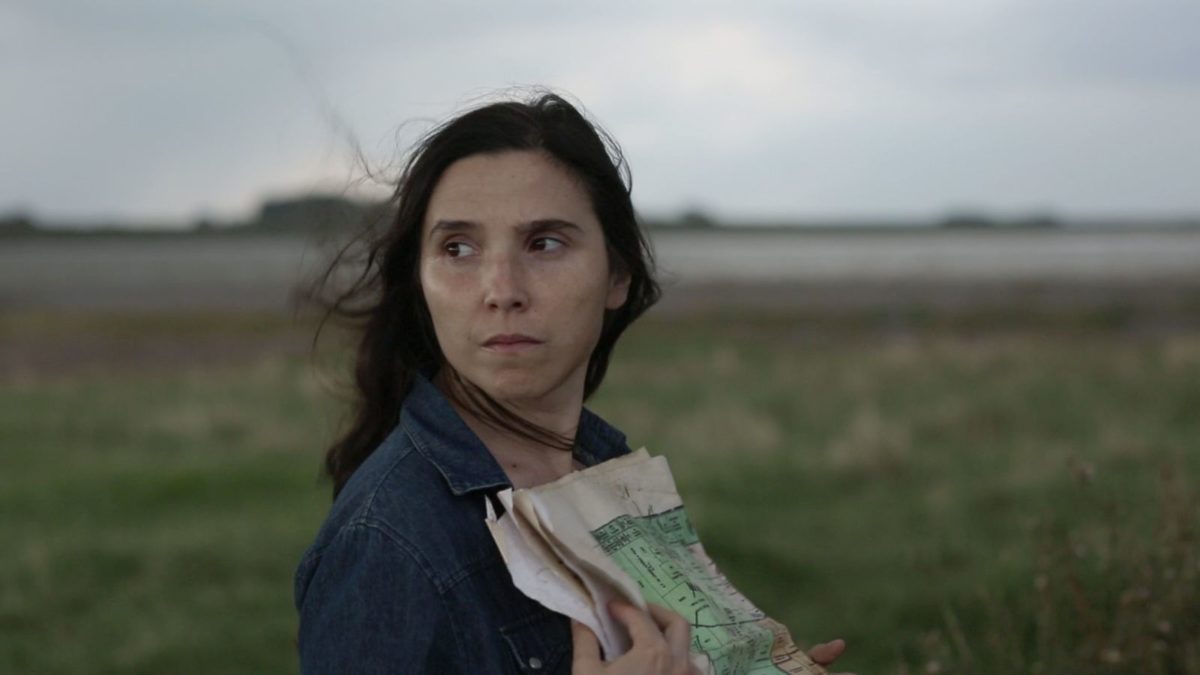
Strange business is afoot in the Argentinian town of Trenque Lauquen. A hidden love letter uncovers a decades-old mystery and a terrifying, amphibian monster is on the loose. It’s up to Laura Paredes’ Laura to put the pieces together and solve this unlikely, baffling charade. Paredes is our Sherlock Holmes and Hercule Poirot in one, an amateur detective asking all the questions. But she’s also an overwhelmingly charismatic presence with a rich inner life, dreams, and curiosity. When a man hopelessly falls in love with Laura, you completely understand. Because, by the end, you’ve fallen for her too. – Ankit J.
14. Da’Vine Joy Randolph (The Holdovers)
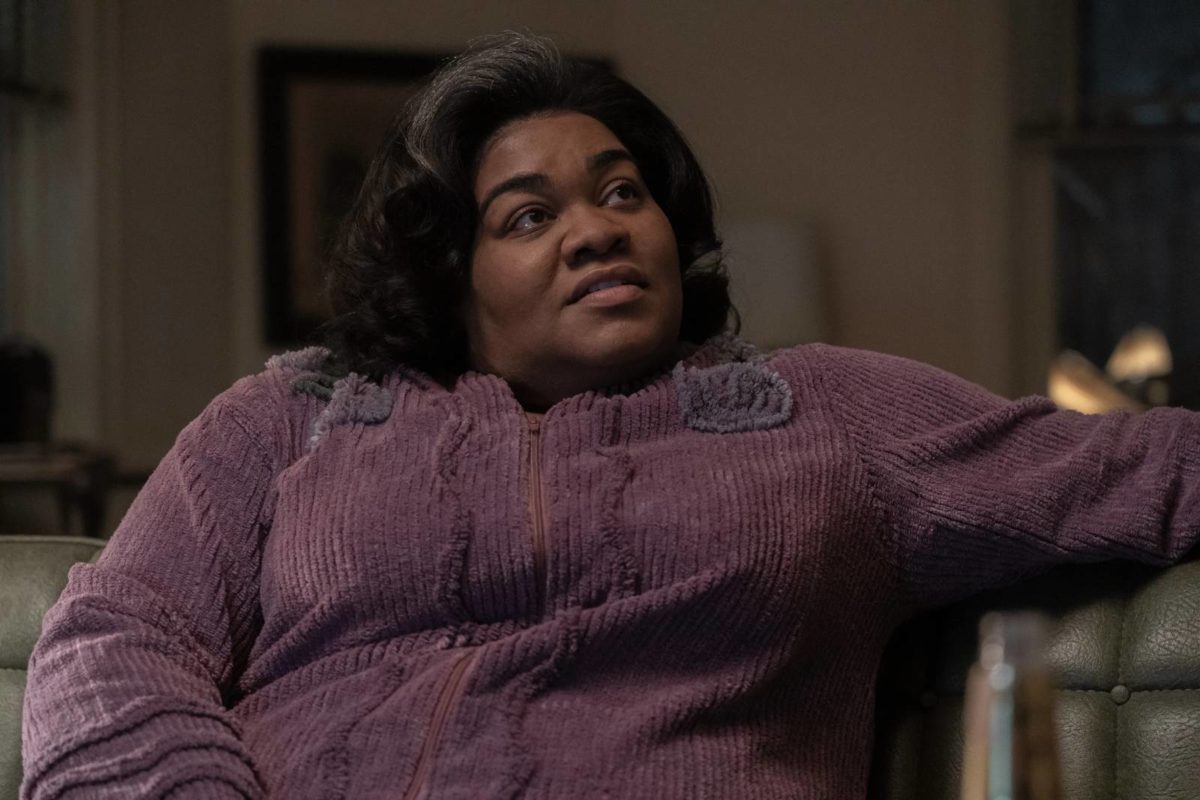
Over time, Alexander Payne has relinquished much of the cynicism of his earlier work. If not quite a sentimental filmmaker, he’s one who certainly has no issue tugging on your heartstrings as long as the moment is well-earned. Such is the case with Mary, the bereaved mother who finds herself stuck at Barton College (where she works as the cook) over the Christmas break, desperately trying to find distraction from the recent death of her son. Eventually, she can no longer numb the pain through comfort-watching TV game shows, and much like the director, Da’Vine Joy Randolph withholds releasing the character’s inner torment until we know her as more than a woman who has suffered an imaginable tragedy. Randolph has said she wanted to display the seven stages of grief throughout her performance, and the biggest credit to her is that this decision doesn’t make itself apparent within the film. It’s a brilliant supporting performance that understands it needs to be shaped by tragedy without ever becoming solely defined by it. – Alistair R.
13. Zac Efron (The Iron Claw)
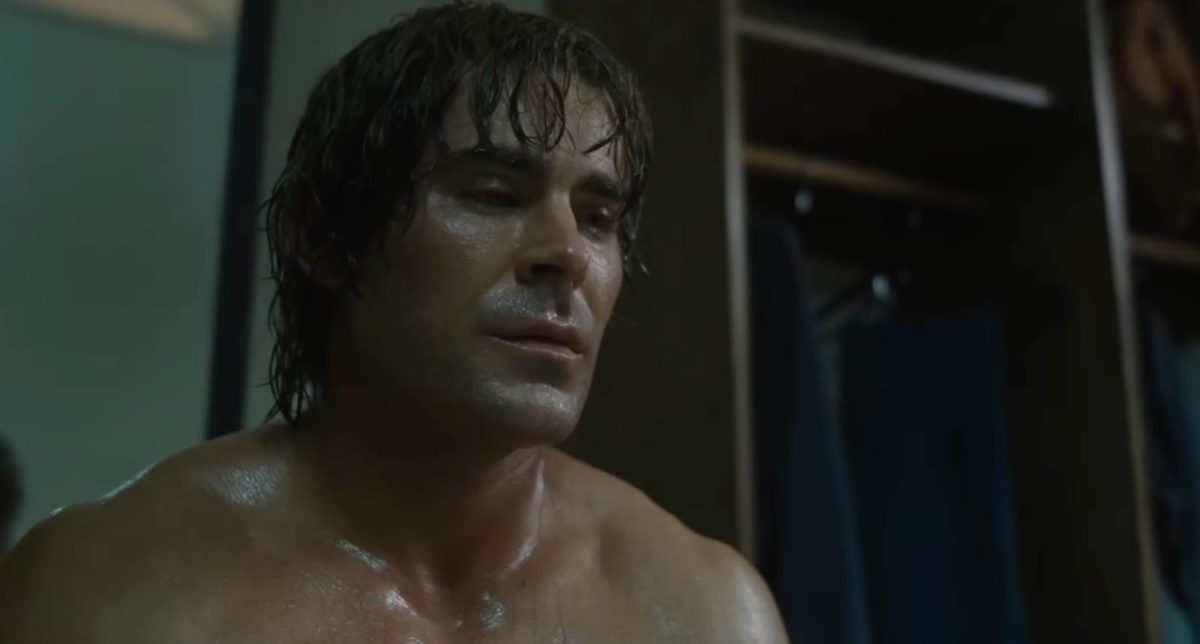
A shocking physical transformation may turn heads, but if it isn’t in service of a great performance, it will only get one so far. Thankfully, Zac Efron has more than delivered as Kevin Von Erich in The Iron Claw. In a brooding, pained career-best performance guiding the emotional weight of the film, Efron excels at exuding both the tender bonds of brotherhood and the heartache of it all unraveling. While Sean Durkin’s introduction to the character is meant for one to marvel at his ripped, bodybuilding physique, by the film’s final frames one will be in tears thanks to Efron’s poignant, careful threading of the suppressed emotions that have been weighing him down. – Jordan R.
12. Michelle Williams (Showing Up)
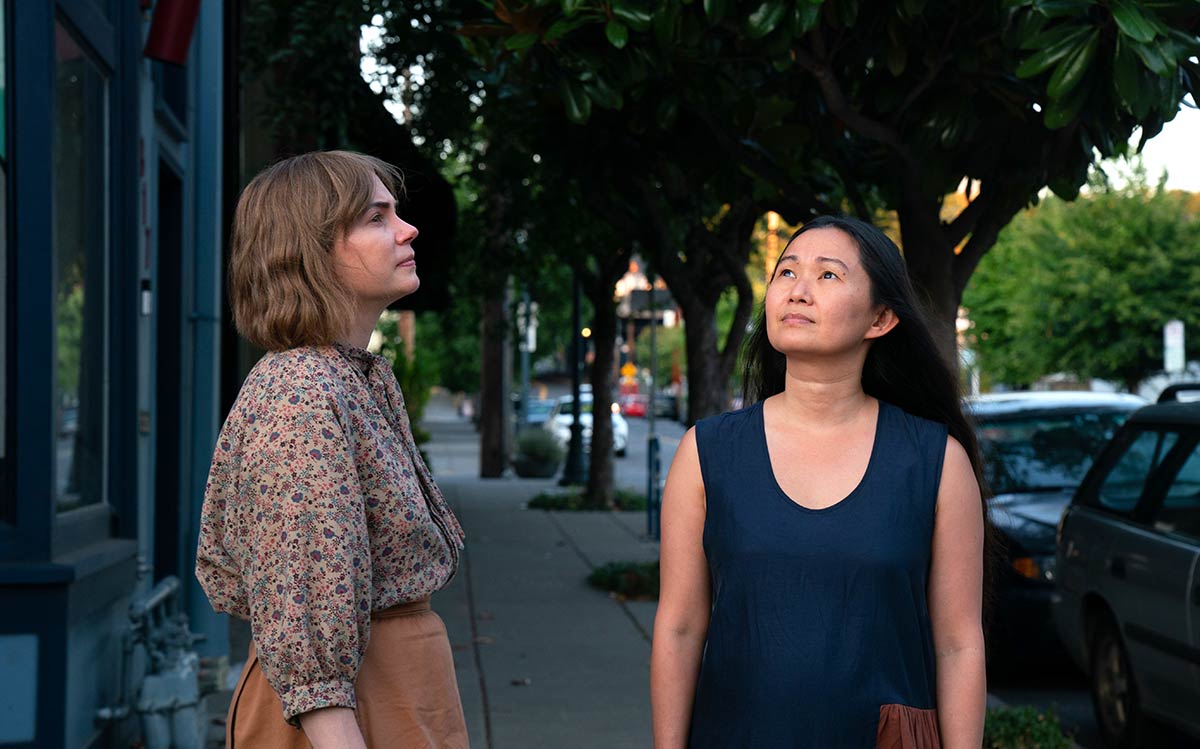
In her fourth collaboration with Kelly Reichardt, Michelle Williams stars as Lizzy, a sculptor working as an administrator at a small arts college in Oregon. Played with a heartbreaking attention to detail, Lizzy keeps her head down, doing the work while also supporting the work of those that she admires and even those she doesn’t get. Showing Up is a painfully authentic portrait of a mid-career artist who hasn’t really taken off. Cruel and tender, Williams’ performance is a near-perfect embodiment of the iceberg below the water of heartbreak, along with the handiwork it takes to make art that is often misunderstood by friends, colleagues, and family. – John F.
11. Joaquin Phoenix (Beau Is Afraid)
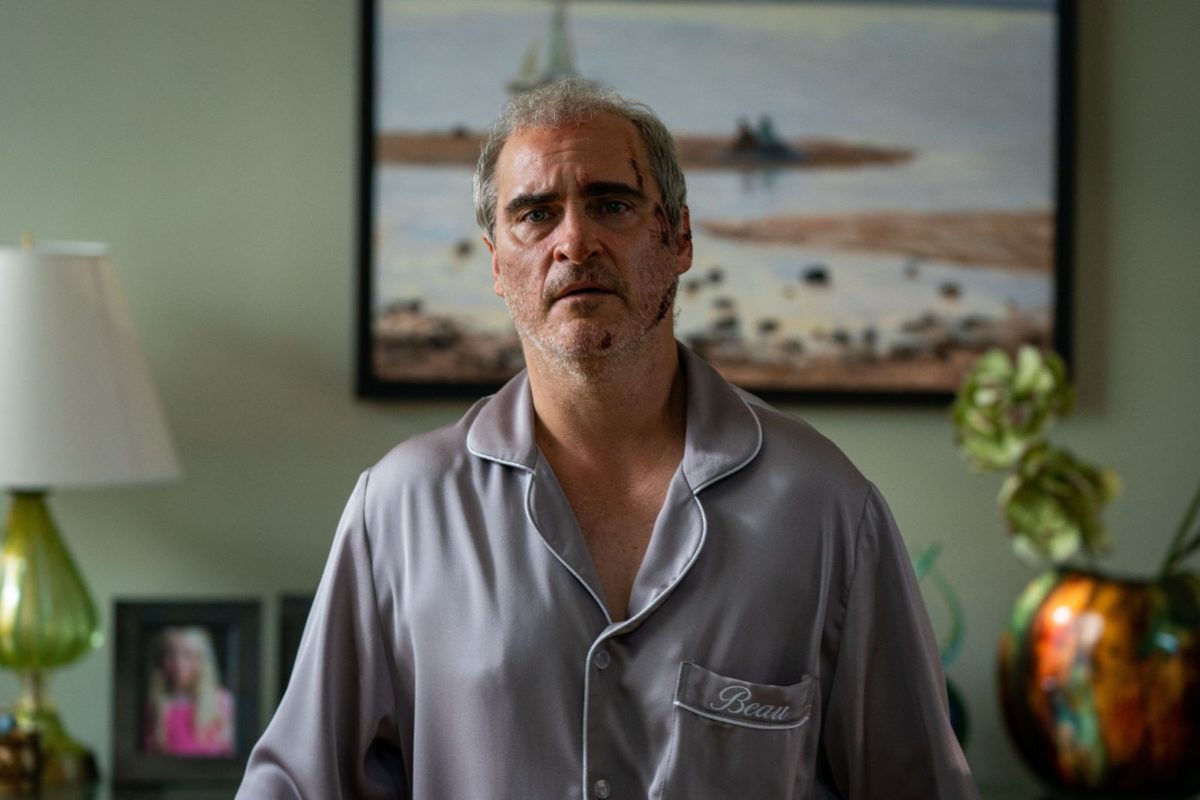
Of all the misleading binaries invoked in art criticism, among the most pernicious is the notion that characters are either likable or not. The misleads pile up. That the former is the hallmark of high storytelling. That the latter is the terrain of “good acting,” only inasmuch as unlikability remains readily magnetic. That acting––the doing of life in a container alongside the one we already call “life”––is a rolodex of human behavior. That it isn’t, instead, a sequence of choices made against the unknowable. Who wants points? “Pleasurable” is enough to justify spending time in the cinema. I am coming to grips that “ugly” may be, too. – Frank F.
10. Caille Spaney (Priscilla)
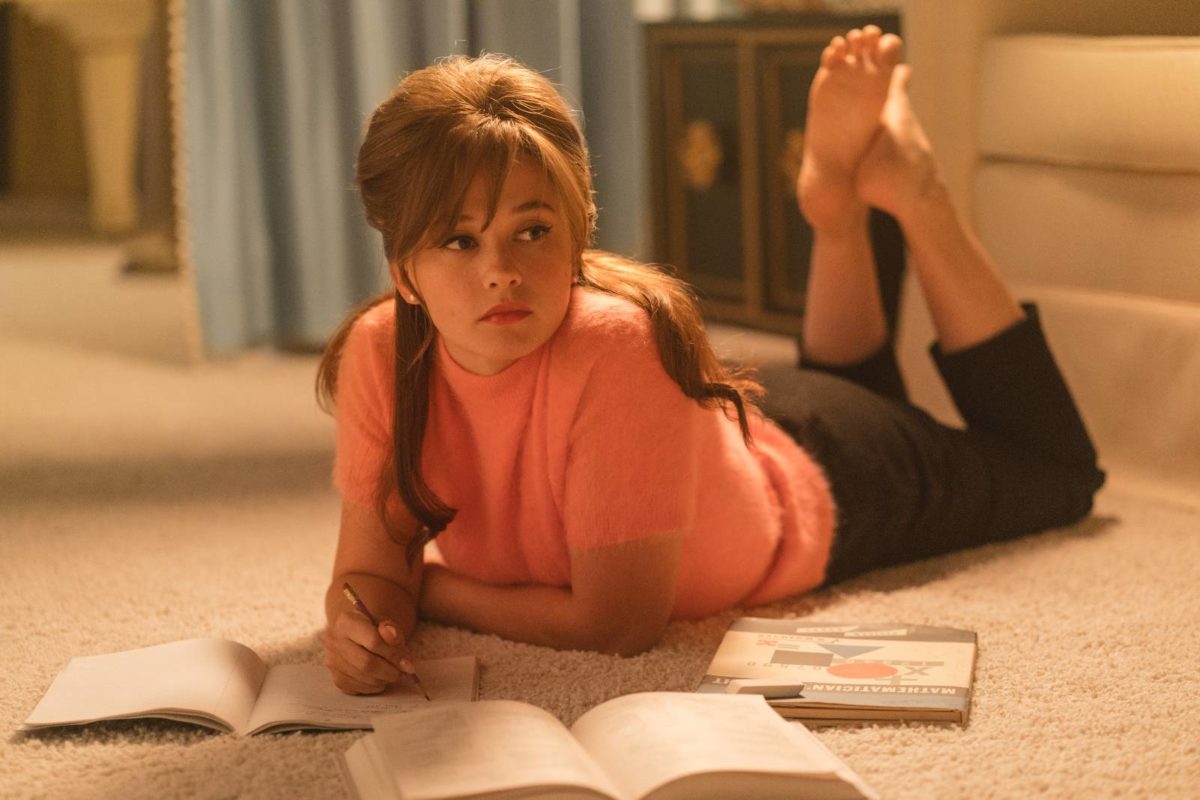
In Priscilla, Cailee Spaeny joins the kind of character Sofia Coppola has become a specialist at: young women who feel imprisoned in lives the rest of the world believes to be perfect. Like Marie Antoinette, she becomes a trophy in the house of a king, like Charlotte from Lost in Translation, she practically becomes invisible in the brightest kind of world. Beyond acing the ethereal beauty Priscilla retains to this day, Spaeny turns her into a sponge-like soul, absorbing feelings and information others think she is either too naive or happy to perceive. Watching Spaeny age dramatically merely through the work she does with her eyes pays justice to a woman the world constantly took for granted. It might be a cliché to say by the end of the film she has become a queen––perhaps not in power and notoriety, but in the way she commands herself and takes control of her destiny. – Jose S.
9. Franz Rogowski (Passages)
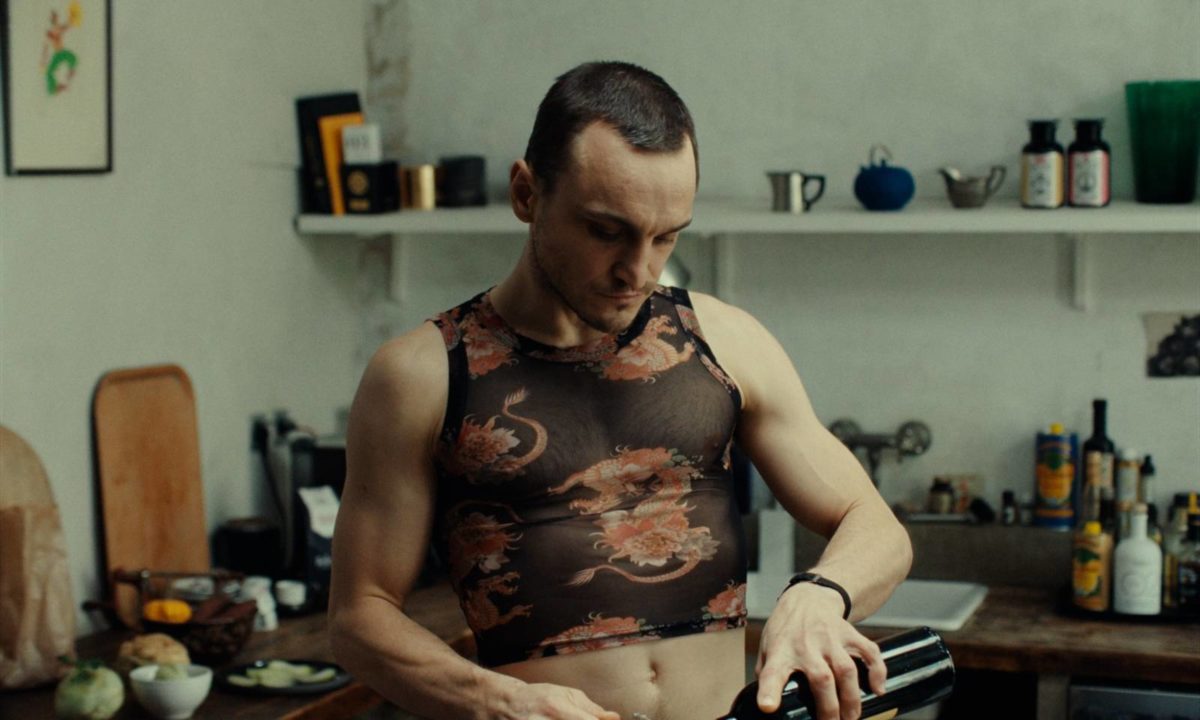
The New York Film Critics Circle’s recent decision to award Franz Rogowski with their Best Actor trophy prompted some unexpected controversy, with some immediate Twitter discourse criticizing their honoring of a “bad” queer character, as opposed to a more positive depiction of a marginalized community in need of it. All I can say is that, if you buy into that argument, you’re lucky enough to have not met anybody like Tomas, the unself-aware, insufferable fuckboy at the center of Passages whose casual devastation of every meaningful relationship around him feels all the more cruel due to its lack of calculation. It’s that casualness that Rogowski leans into with his rightly applauded turn, vividly realizing the immorality of his character by refraining from any tics or traits that could make him an obvious screen antagonist. That same casual approach to life is also what makes him such a magnetic presence to others in his orbit, and the actor succeeds at demonstrating why anybody would fall victim to charms that remain elusive to the viewer. – Alistair R.
8. Virginie Efira (Other People’s Children and Revoir Paris)
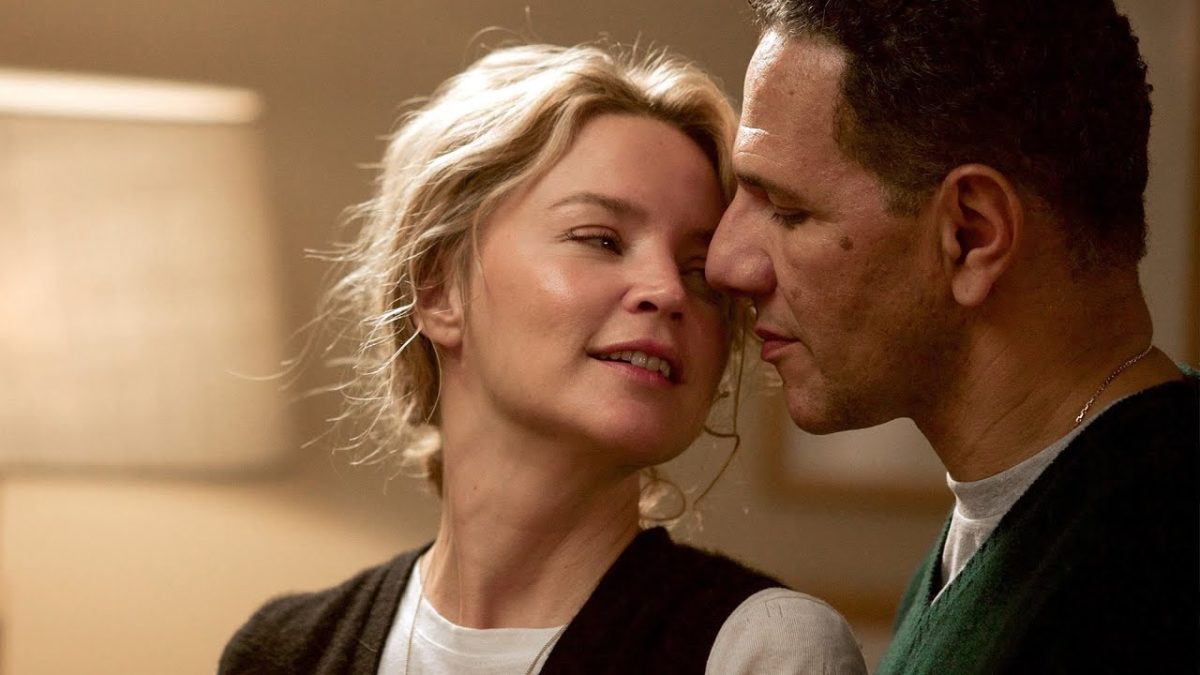
Somehow, Virginie Efira has become the best actress that no one is talking about. With two performances in 2023, Efira manages to show her wide emotional capacity. In Other People’s Children, Efira holds several thoughts and feelings at once, displaying simultaneous excitement and reticence about newfound motherhood. She’s funny, warm, and searching, still struggling to adjust to the newness surrounding her. In Revoir Paris she’s immense, giving a more all-consuming performance as a woman who survived a terrorist attack, broken and attempting to pick up the pieces by herself. Efira doesn’t overdramatize her misremembrance, her perseverance, and the way the weight of this experience holds her down, instead grounding her in the small and big difficulties of trauma. – Mike F.
7. Cillian Murphy (Oppenheimer)
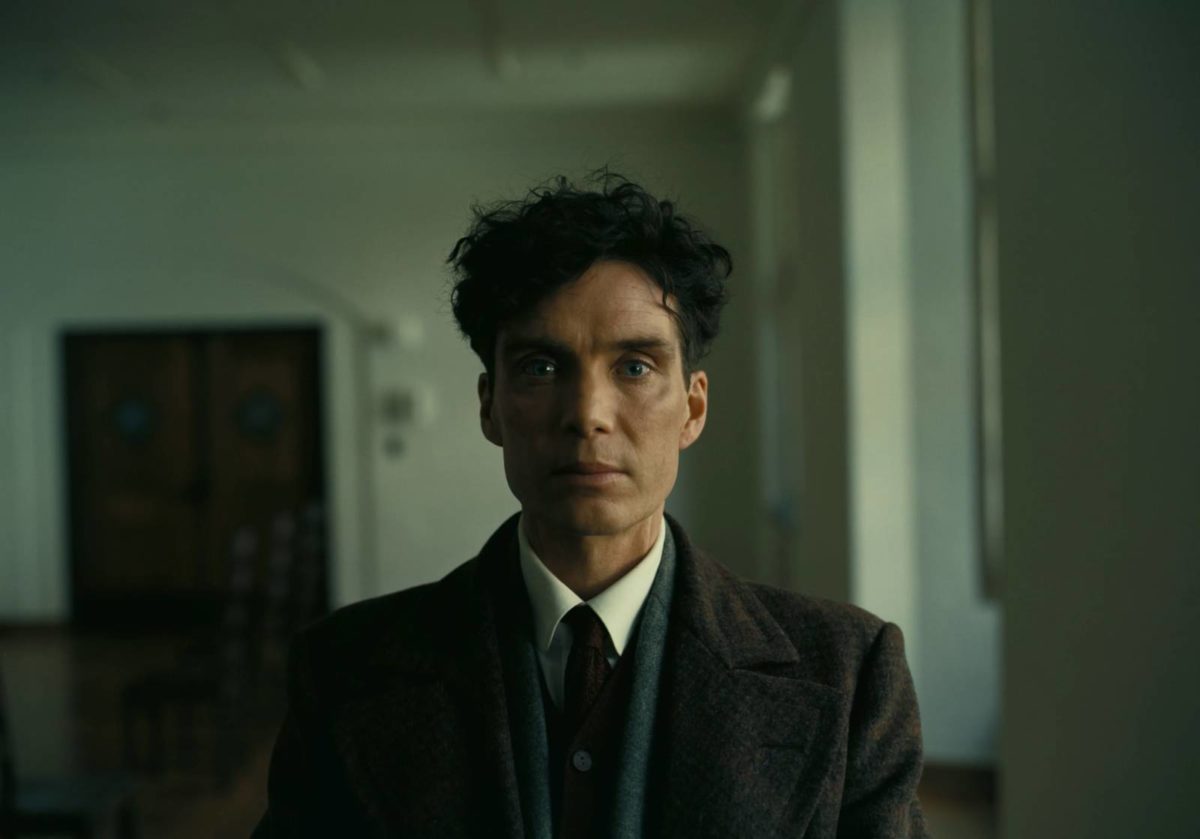
This is a performance of admirable precarity: though there’s no parroting of, say, Oppenheimer’s long-ballyhooed capacity to solve questions and equations near-telepathically, Murphy’s eyes make the suggestion. From early flashbacks to Cambridge he’s a figure of haunted omnipotence––more than aware of his subatomic world, his Oppenheimer exists at the nexus of multiple narrative timelines, any moment before or hence his grave choice knowing its permanent endangerment of humanity. The one consistent brilliance pulsing through Oppenheimer is Murphy’s decision to play him more as tuning fork than man, his emotional arc traced from upright, full-coiffed student to perpetually slumped, close-cropped husk, his reams of dialogue rendered with some hypnotic, unplaceable musicality that suggests the Irishman decided to possess American screen icons of the ‘40s and ‘50s. (Or, okay, this.) – Nick N.
6. Andrew Scott (All of Us Strangers)
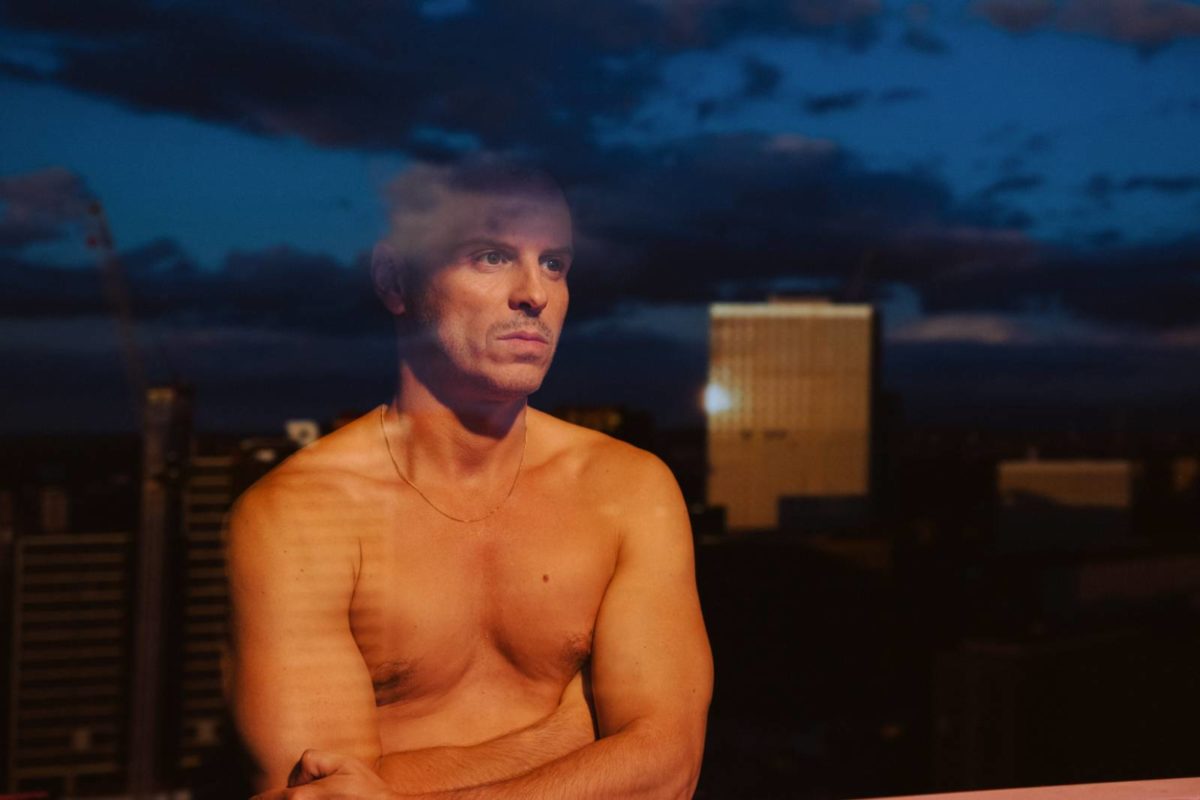
Andrew Haigh’s latest is ripe for various allegorical readings, be it the desire for connection following the pandemic, or the loneliness of queer middle age having grown up during the AIDS crisis, and it’s largely through Andrew Scott’s lead performance that it becomes clear this is more than just a supernatural family drama. His gradual regression to a childlike state around the ghosts of his parents––both of whom are notably played by actors younger than Scott––is genuinely poignant for how he spends the film slowly lowering his guard, inching into relationships both familial and romantic that are only going to bruise him once he’s fully committed. Scott leans into this character’s deliberate, wishful naivety, and is key to how All of Us Strangers grounds the most extraordinary of circumstances. – Alistair R.
5. Lily Gladstone (Killers of the Flower Moon and The Unknown Country)
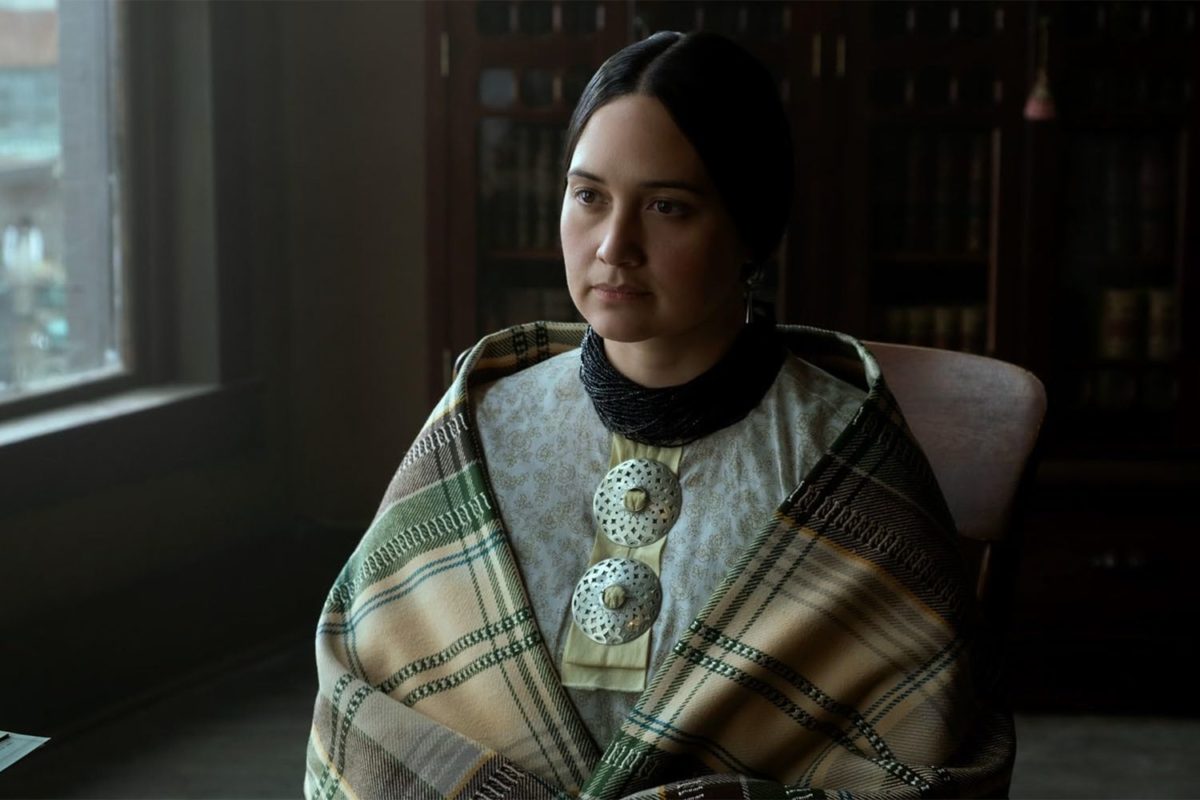
If qualitative rankings are pointless, let me propose an amendment: nothing this year constituted a better choice than casting Lily Gladstone as Mollie Kyle, Killers of the Flower Moon‘s beating heart. It’s a choice so strong that Scorsese’s film––overwhelming, dense, and dizzying in length and scale, fully compelling even (or especially) as it horrifies––is defined equal-parts by her absence and presence. While it’s clearing a low bar to say The Unknown Country offers a more optimistic, even mirthful experience, watching it alongside Killers creates ample showcase for Gladstone’s wide, deep skills as a performer. Thank God Certain Women was only the beginning. – Nick N.
4. Sandra Hüller (Anatomy of a Fall and The Zone of Interest)
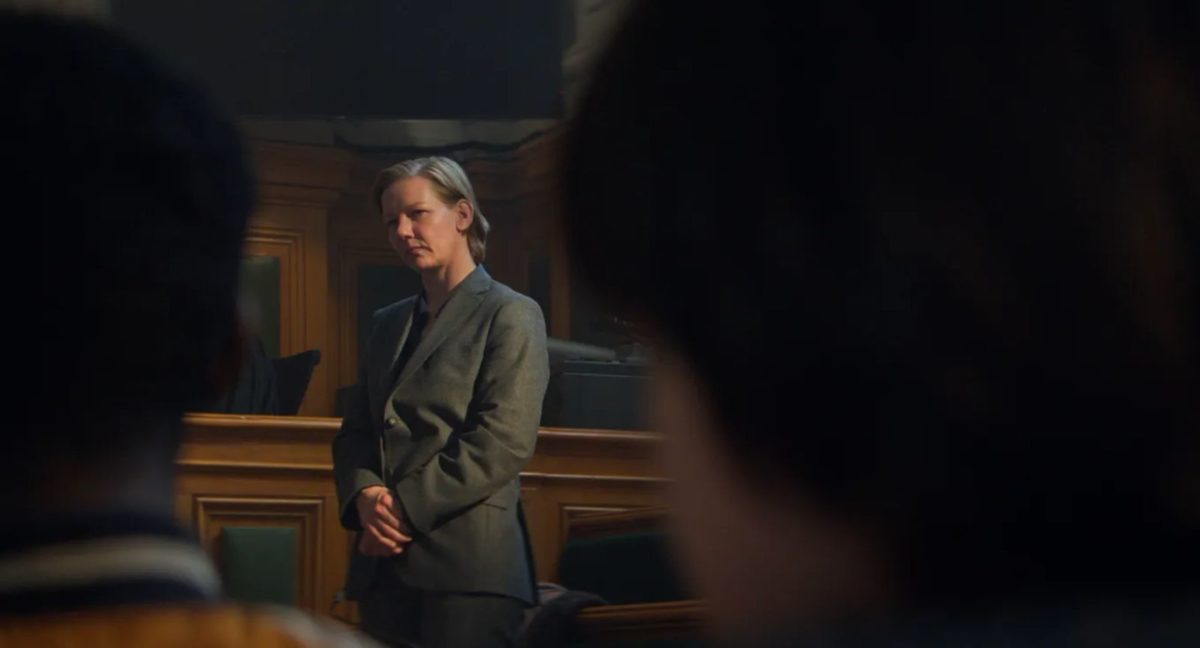
How to act guilty without knowing if you are? How to betray complicity within the safety experiment of artifice? You––Sandra Hüller––let the body smile and make the face an outline. With Anatomy of a Fall, Triet ambushes the face with close-ups, turns the almost-invisible inquisition of truth into a game of millimeters. Can you see proof positive of anything in the iotas and shivers of skin? Is there a revelation in the cold distance of history as surveillance, in the distance it mandates a body walk, as in Glazer’s Zone of Interest? There’s just the face, the body it connects to. Meaning comes from watching, both ways. – Frank F.
3. Natalie Portman, Julianne Moore, and Charles Melton (May December)
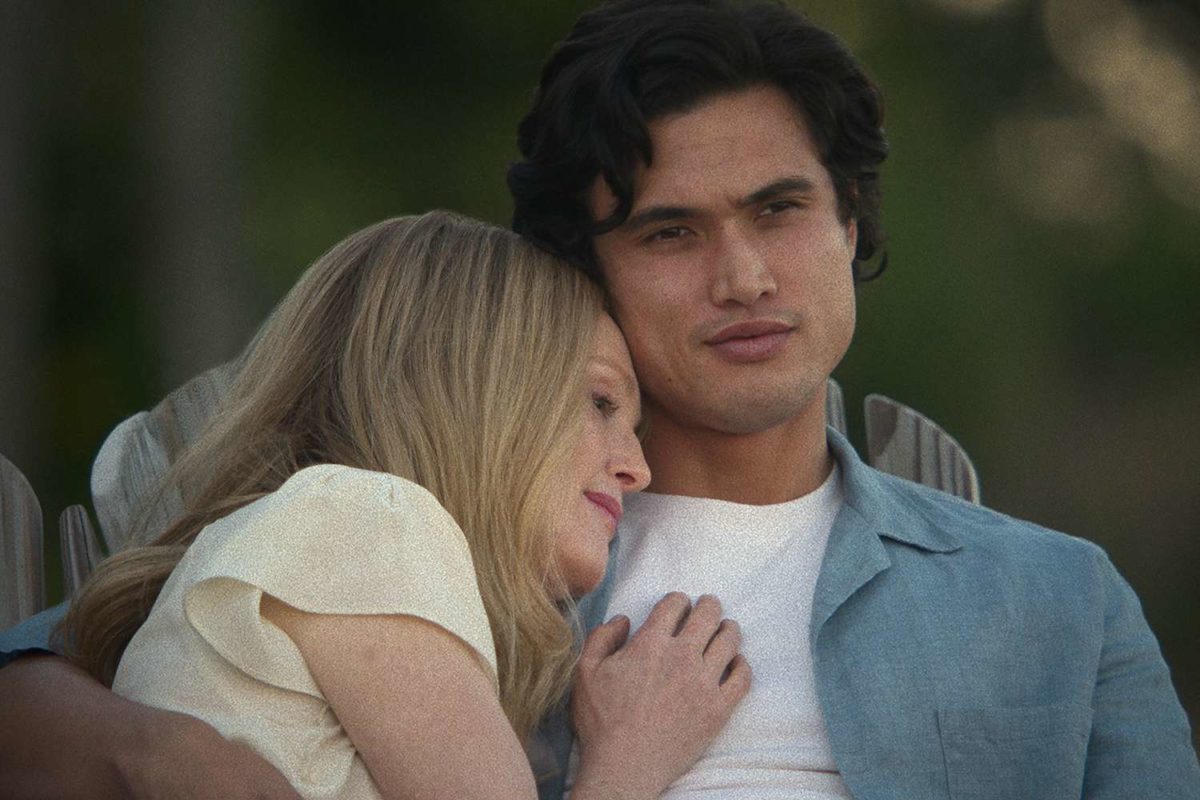
You do not have May December without Julianne Moore, Natalie Portman, and Charles Melton––the kaleidoscopic love triangle that sits at the center of Todd Haynes’s latest unnerving, funny, moving feature. These three performances lean on each other, the whole film teetering like a house of cards, a never-ending game of “two truths and a lie.” (Or perhaps two lies and a truth?) Moore’s Gracie trembles and connives; Portman’s Elizabeth schemes and seduces; Melton’s Joe sheds his chrysalis, threatening, maybe, to fly just this once. May December could fall victim to easy jokes––the “ripped from the headlines” nature of its story pushing at the boundaries of what is observed––were it not for these three. – Fran H.
2. Benoît Magimel (Pacificition, The Taste of Things, and Revoir Paris)
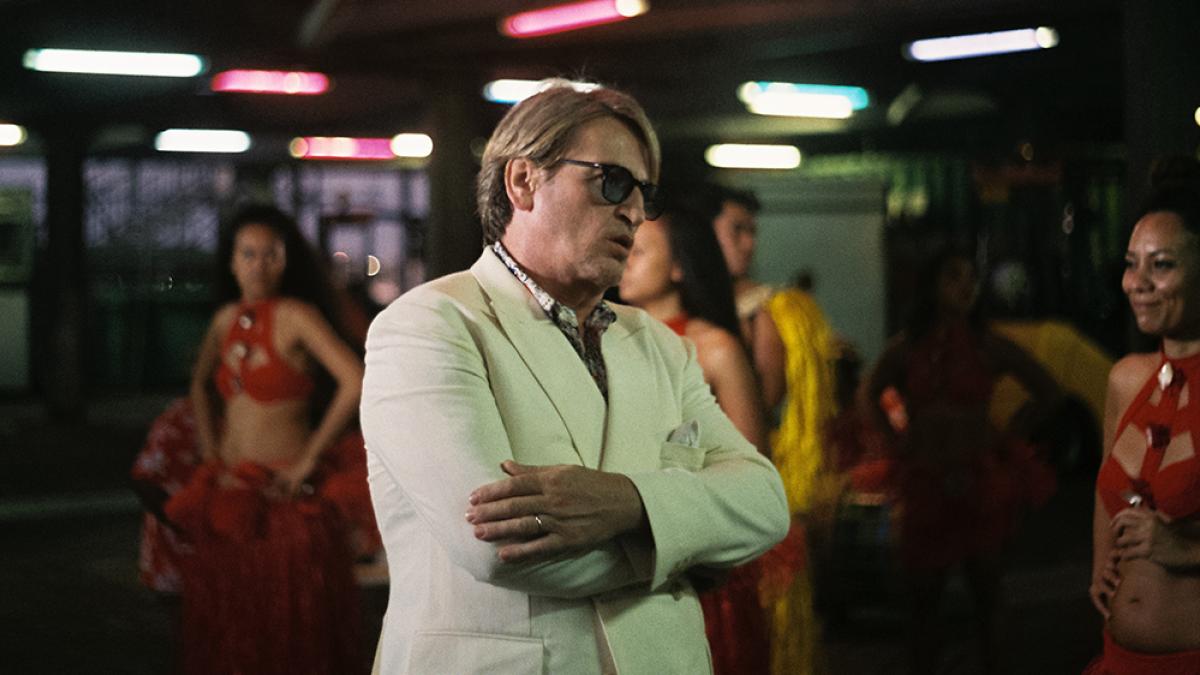
Benoît Magimel is having a moment. He’s the reigning two-time Best Actor César winner and might make it a hat-trick with Trần Anh Hùng’s The Taste of Things where he plays an aristocratic gourmet deeply in love with Juliette Binoche. A testament to his talent is his ability to craft just as delicately shaded catheterization in completely different parts––as a smarmy French Polynesia diplomat in Pacifiction and a terrorist attack survivor in Revoir Paris. Whether it be within individual performances, or over the course of his filmography, Benoît Magimel contains multitudes. – Ankit J.
1. Thomas Schubert and Paula Beer (Afire)
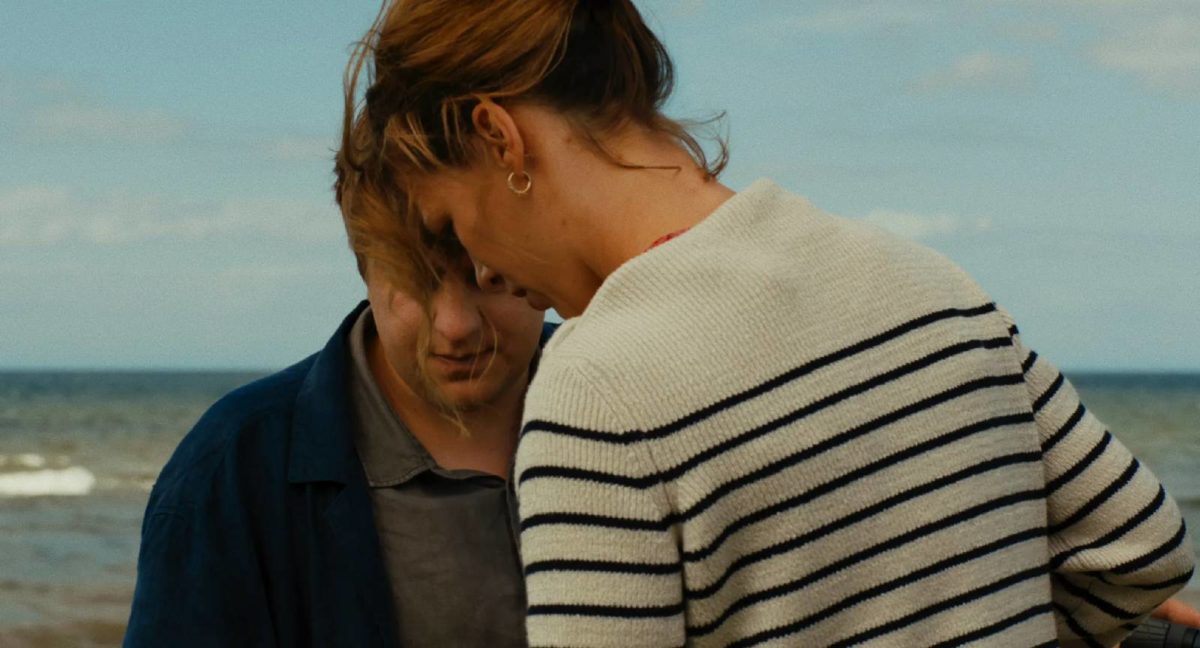
Rarely since the classical Hollywood era have two actors, and their unique looks and charisma, so amplified a film’s appeal. An exceptional example of a director, in Christian Petzold, stretching beyond his ostensible (sober) comfort zone and reaping fresh possibilities. He makes us enchanted by Paula Beer’s Nadja, daring us to clumsily brand her a “manic pixie dream girl,” which is arguably what might strike Thomas Schubert (as Leon’s) immature mind. And Petzold blindsides us again in Afire’s final seconds; after excelling so well with wordplay, the two actors lock into a faraway gaze articulate in knowing what can’t be said. – David K.
Honorable Mentions
- Chieko Baishô (Plan 75)
- Alessandro Borghi and Luca Marinelli (The Eight Mountains)
- Gerard Butler (Plane)
- Nicolas Cage (Dream Scenario)
- Merve Dizdar and Deniz Celiloglu (About Dry Grasses)
- Jamie Foxx (The Burial)
- Charlotte Gainsbourg (The Passenger of the Night)
- Jim Gaffigan (Linoleum)
- Gael García Bernal (Cassandro)
- Paul Giamatti and Dominic Sessa (The Holdovers)
- Hannah Gross (The Adults)
- Anna Hathaway and Marin Ireland (Eileen)
- Glenn Howerton (Blackberry)
- Jennifer Lawrence (No Hard Feelings)
- Hannah Lee Thompson (Hannah Ha Ha)
- Aline Küppenheim (Chile ‘76)
- Rosy McEwen (Blue Jean)
- Robert Pattinson (The Boy and the Heron)
- Talia Ryder and Simon Rex (The Sweet East)
- Peter Sarsgaard (Memory)
- Jason Schwartzman and Scarlett Johansson (Asteroid City)
- Naíma Sentíes (Tótem)
- Alexander Skarsgård (Infinity Pool)
- Kiefer Sutherland (The Caine Mutiny Court-Martial)
- Michael Thomas (Rimini)
- Sarah Walker (Queens of the Qing Dynasty)
